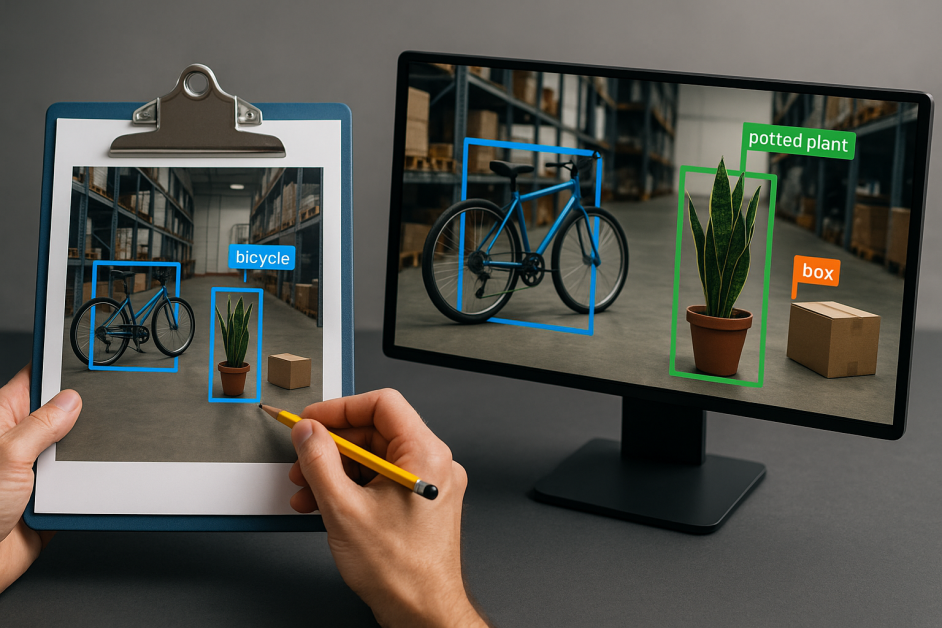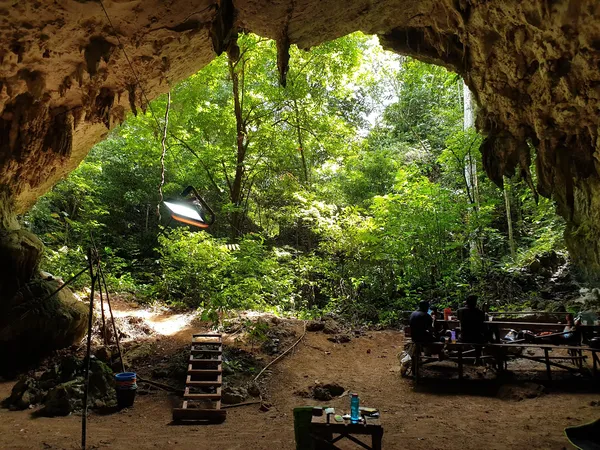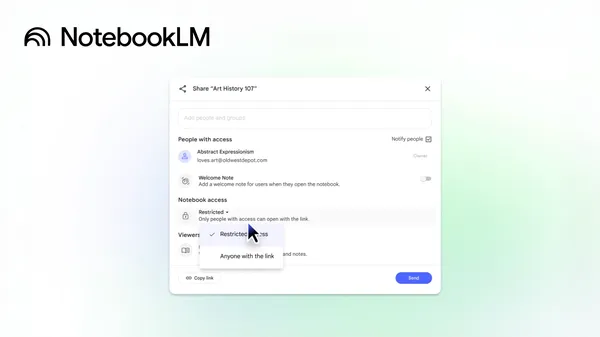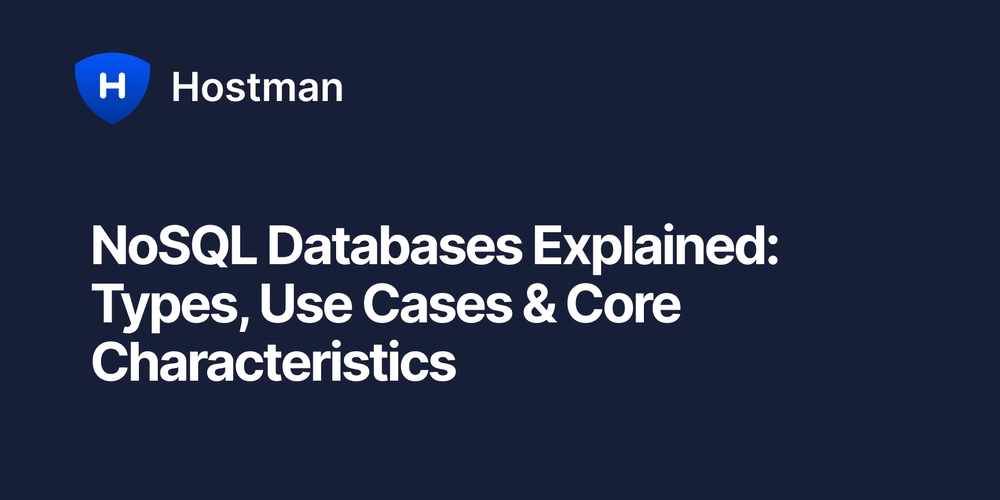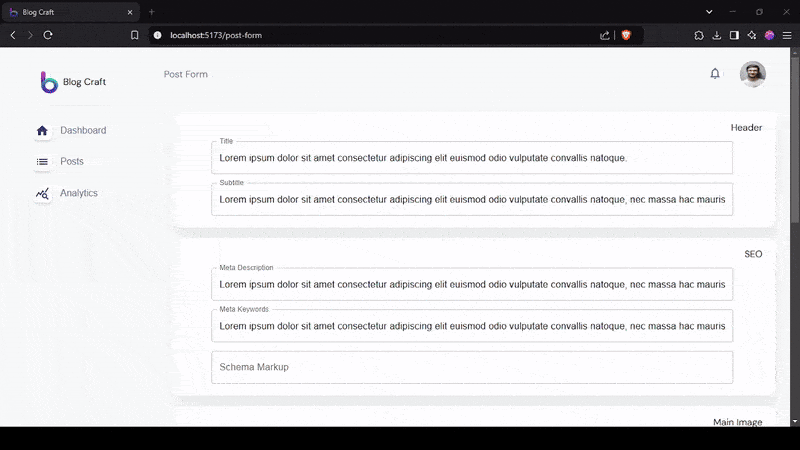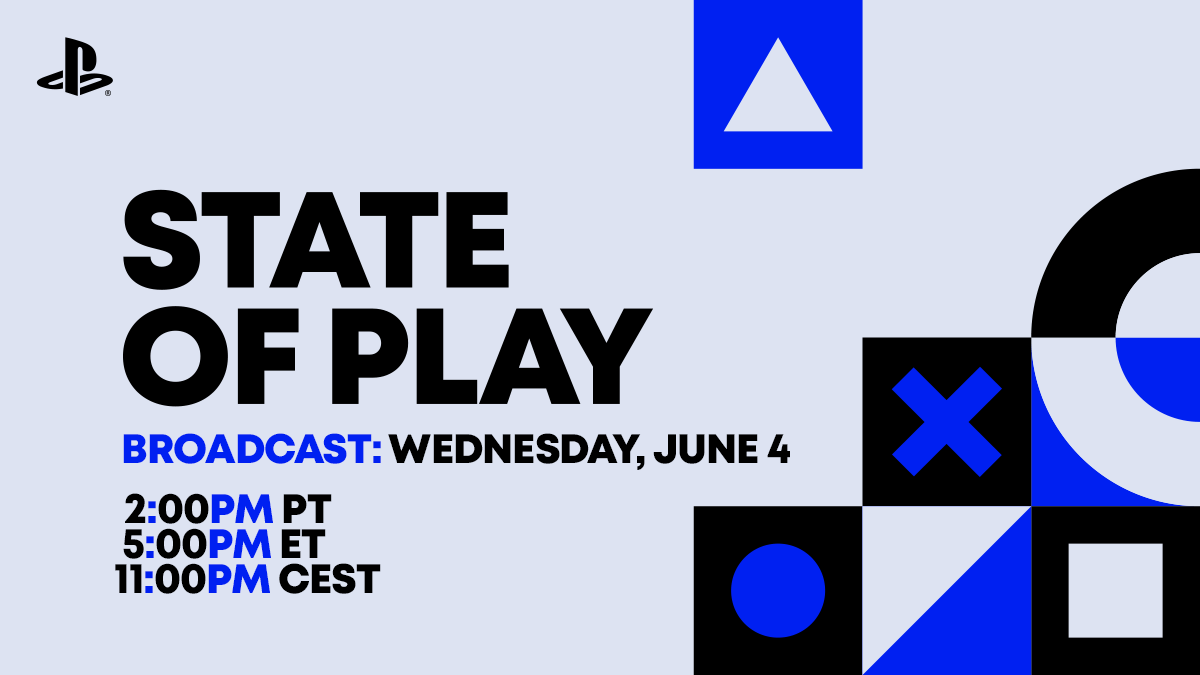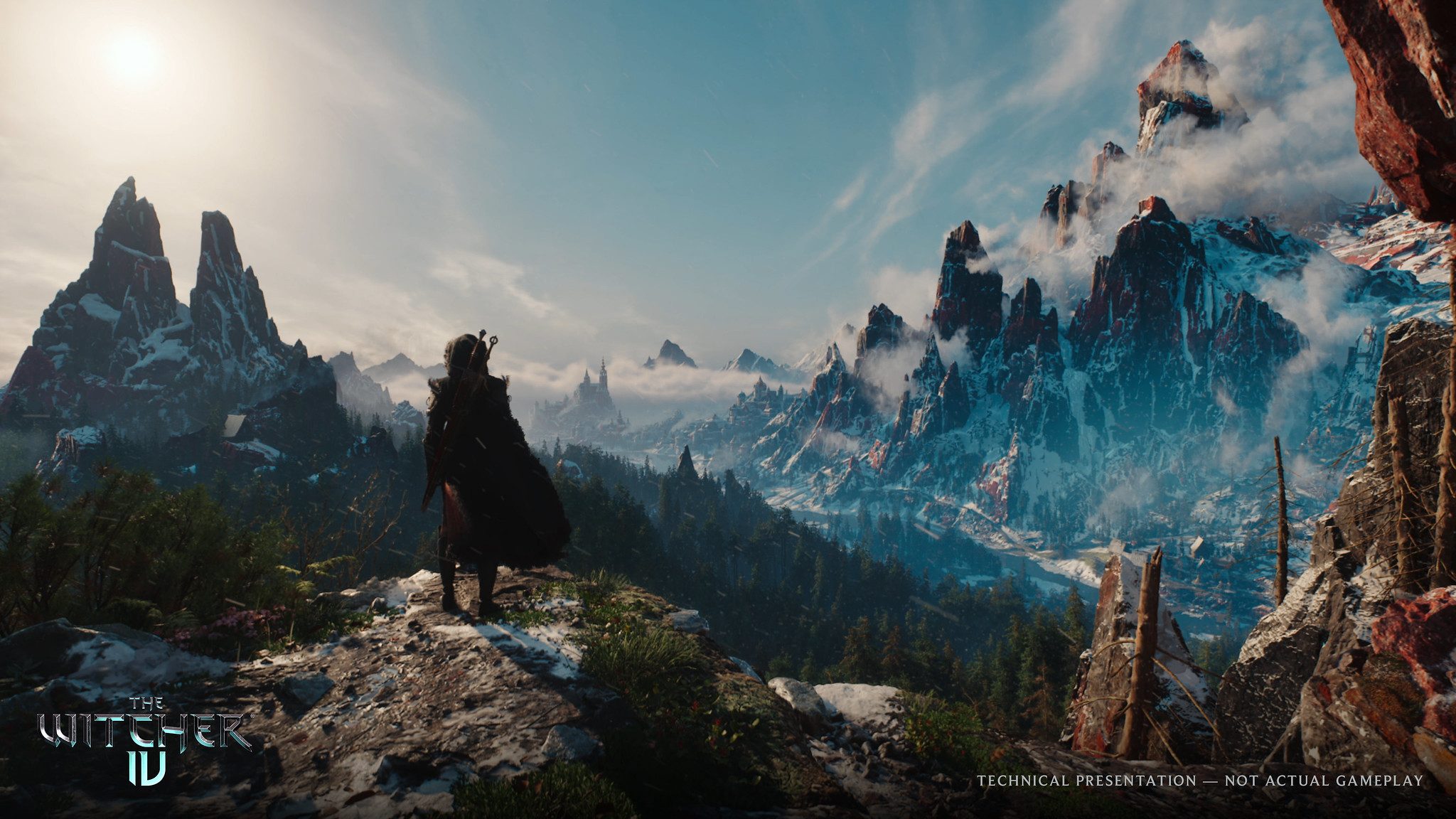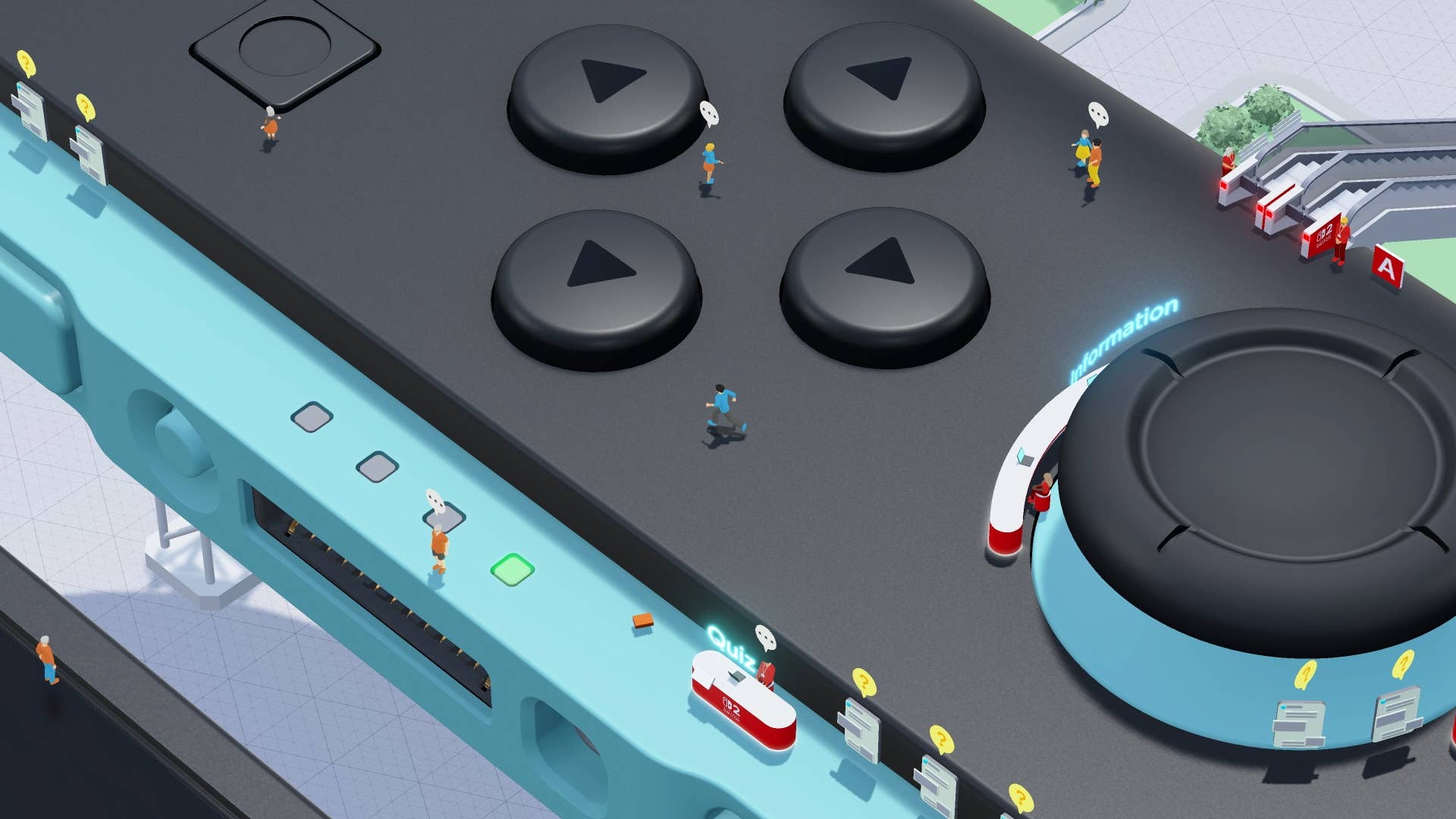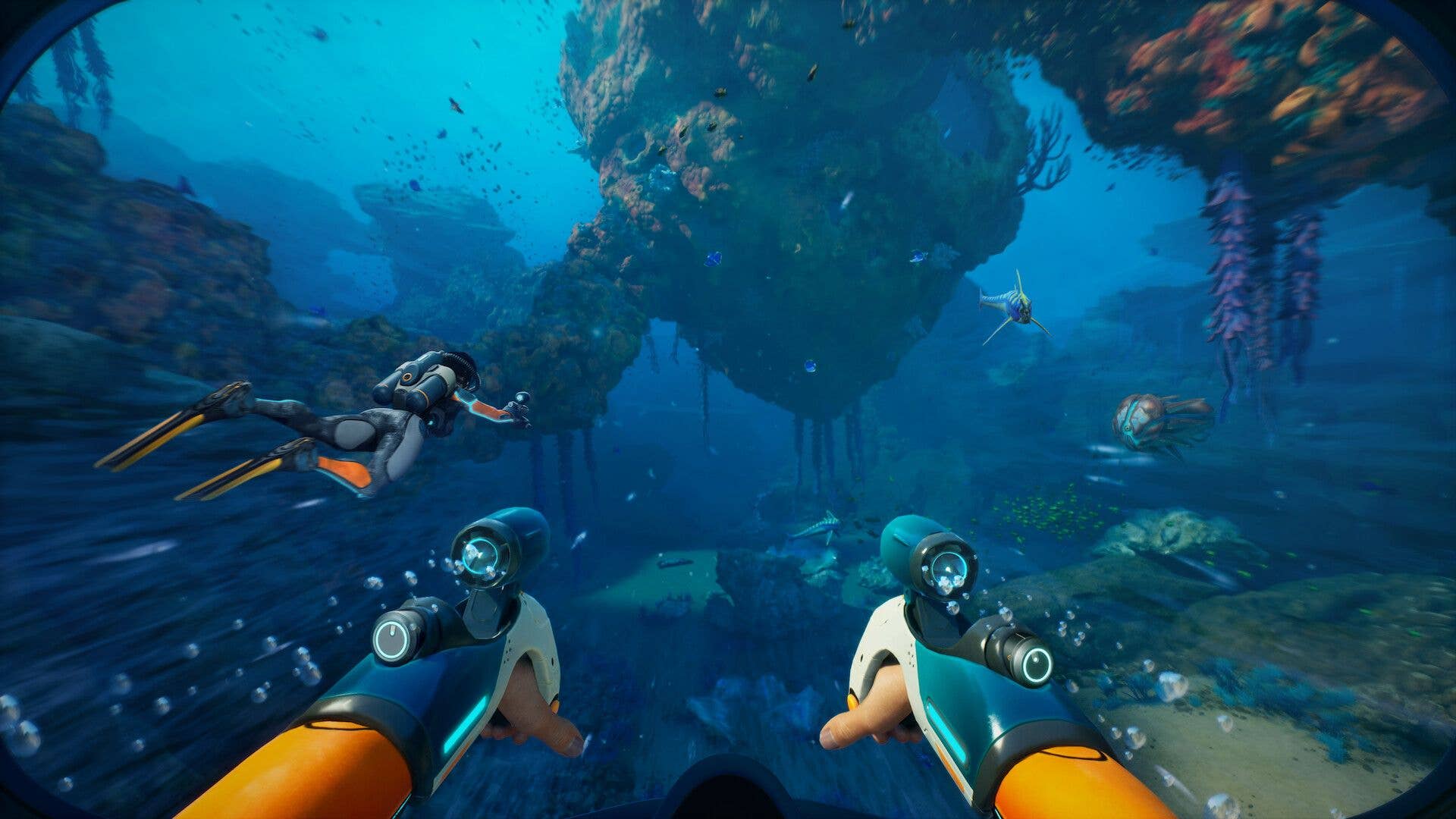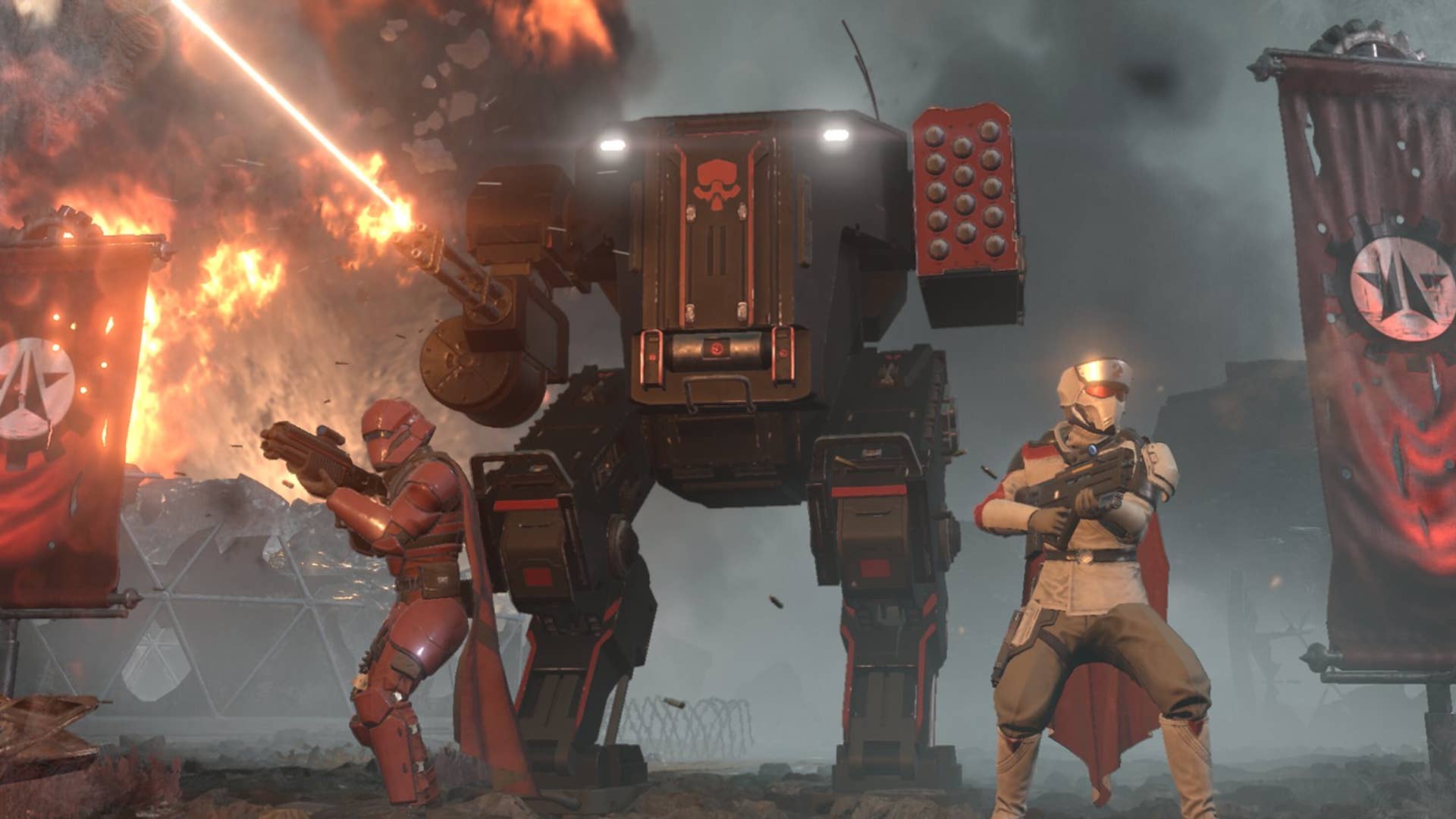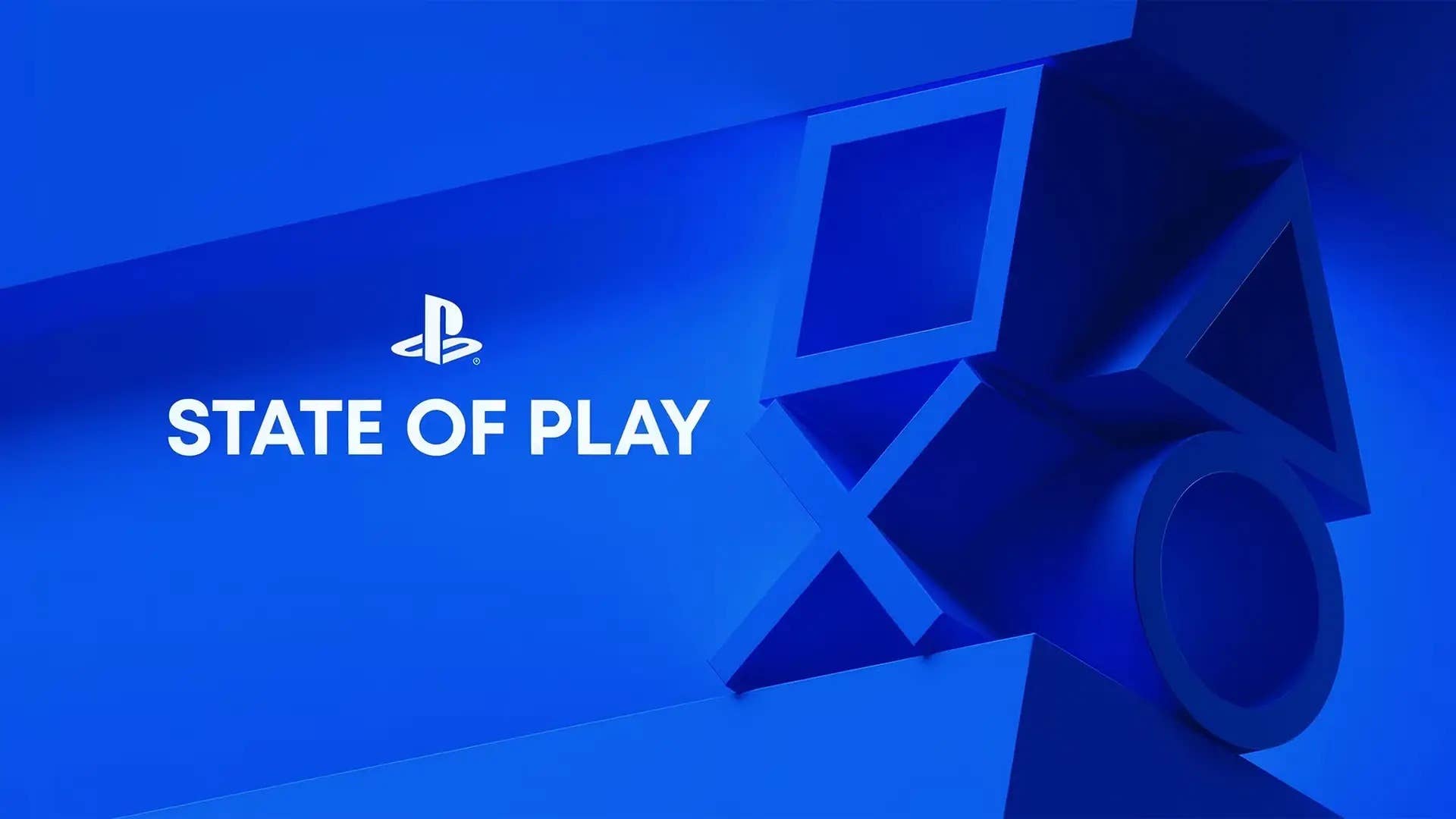Get Answers to Your KMP Questions
During the Closing Panel at KotlinConf 2025, we received many questions about Kotlin Multiplatform (KMP), but unfortunately didn’t have time to address them all live. So we’ve decided to answer the most popular ones in a follow-up blog post. Will IntelliJ IDEA and Android Studio support full Swift navigation, completion, etc., for iOS code, or […]

During the Closing Panel at KotlinConf 2025, we received many questions about Kotlin Multiplatform (KMP), but unfortunately didn’t have time to address them all live. So we’ve decided to answer the most popular ones in a follow-up blog post.
Will IntelliJ IDEA and Android Studio support full Swift navigation, completion, etc., for iOS code, or is that not feasible because of Apple restrictions?
The KMP plugin for IntelliJ IDEA and Android Studio already supports Swift and cross-language Kotlin/Swift features such as navigation, and we plan to add more! Check out this blog post to learn more.
What’s the Kotlin team’s plan to improve the native compilation speed (desktop targets) for multiplatform projects? Waiting 10 minutes to compile a small CLI app is not acceptable for many teams.
We are currently looking into native build performance. First, please check our recommendations on improving native compilation speed. If they don’t help, we would highly appreciate it if you could file a bug report and provide more details about the project. It would give us valuable insights on how to address the performance issues.
How do you see KMP evolving over the next year?
We are driving Kotlin Multiplatform towards a complete and mature solution! We have big plans for Compose Multiplatform and are working on the Beta of Compose Multiplatform for web. In addition to UI sharing, we’ll be improving business logic sharing scenarios, focusing on Kotlin/JS with @JsExport and Kotlin/Native Swift export. Check out our plans for the web platform in general. As we have just released the first version of the KMP plugin for IntelliJ IDEA and Android Studio, we plan to work on its stability and bring more productivity features, which you can find details about in this blog post.
Check out the KMP roadmap to learn more.
Can you please elaborate on the work being done to improve web support for Compose/KMP?
We are working on the Beta of Compose Multiplatform for web. We have already provided more APIs to ensure parity with other platforms, such as clipboard and drag’n’drop, collaborated with browser vendors to improve the performance of web apps, and improved the pointer and text input behavior.
For the Beta of Compose Multiplatform for web, we plan to add interop with HTML elements, compatibility mode for older browsers with automatic fallback to JS, a prototype for accessibility support, and multiple improvements to key UI components.
Are there any plans to support accessibility and SEO in Compose Multiplatform for Web, when everything renders to pixels in a canvas?
We plan to implement basic accessibility support by mapping Compose semantics nodes to DOM elements later this year. Having the backing DOM hierarchy on a page would allow for some SEO support too. SEO can be further improved by pre-rendering the content as DOM on the server side, but we haven’t investigated this yet.
Why does Compose Multiplatform have scrollbars, while Android Jetpack Compose does not?
Scrollbars were first implemented for the desktop target, but we are exploring how to bring them to other platforms.
Are we getting Navigation 3 for KMP?
Navigation 3 has been built with Kotlin Multiplatform in mind. So, the answer is yes, there will be multiplatform support for Navigation 3. However, we don’t know when, as it depends on other ongoing work. Please follow the corresponding YouTrack ticket for further updates.



















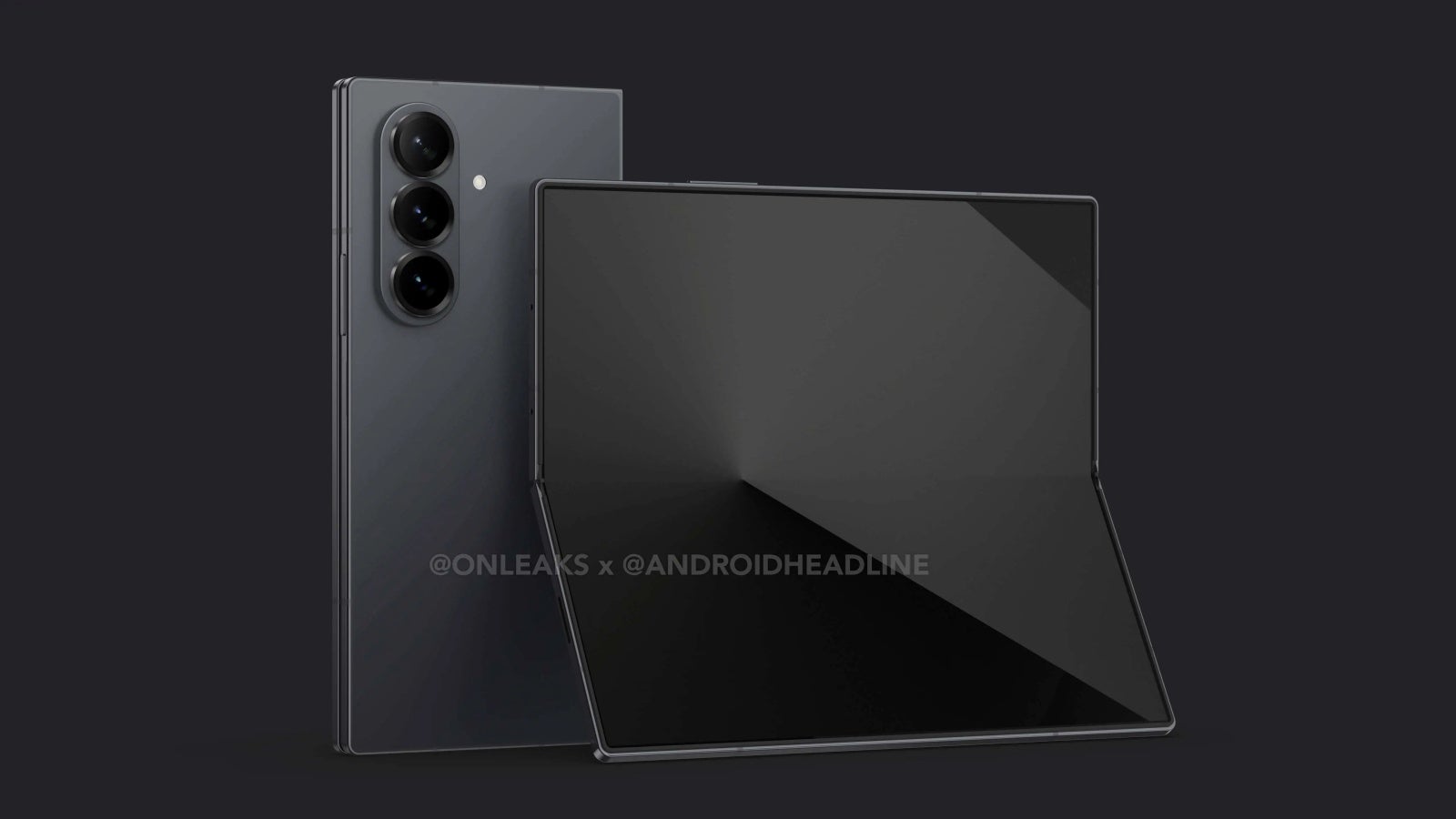
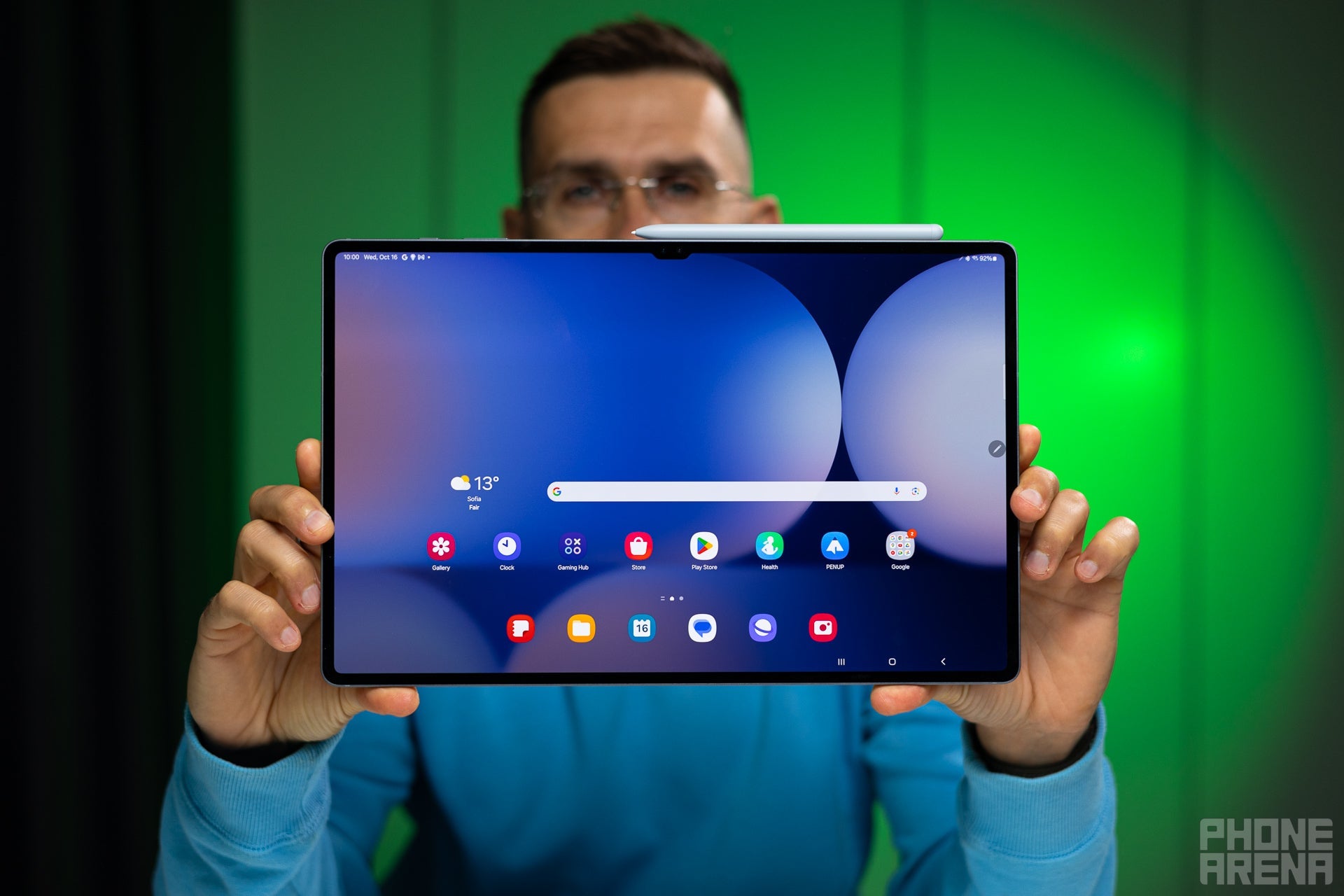
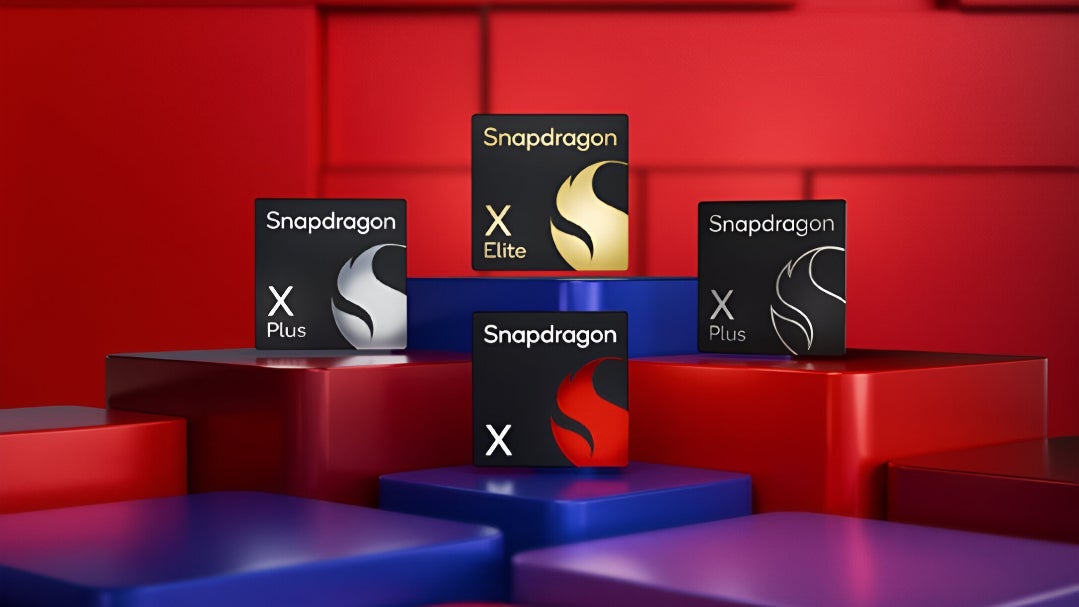





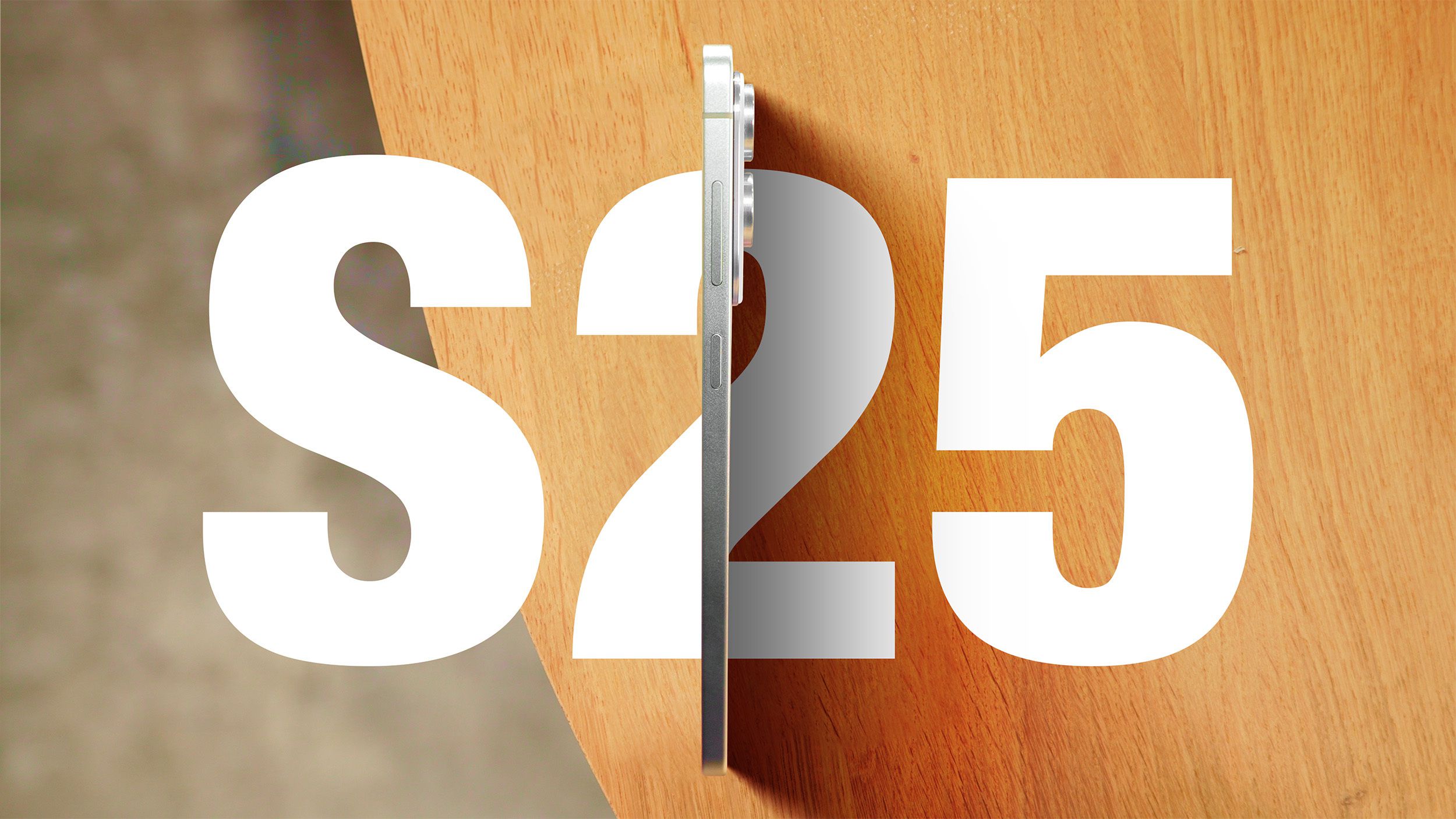
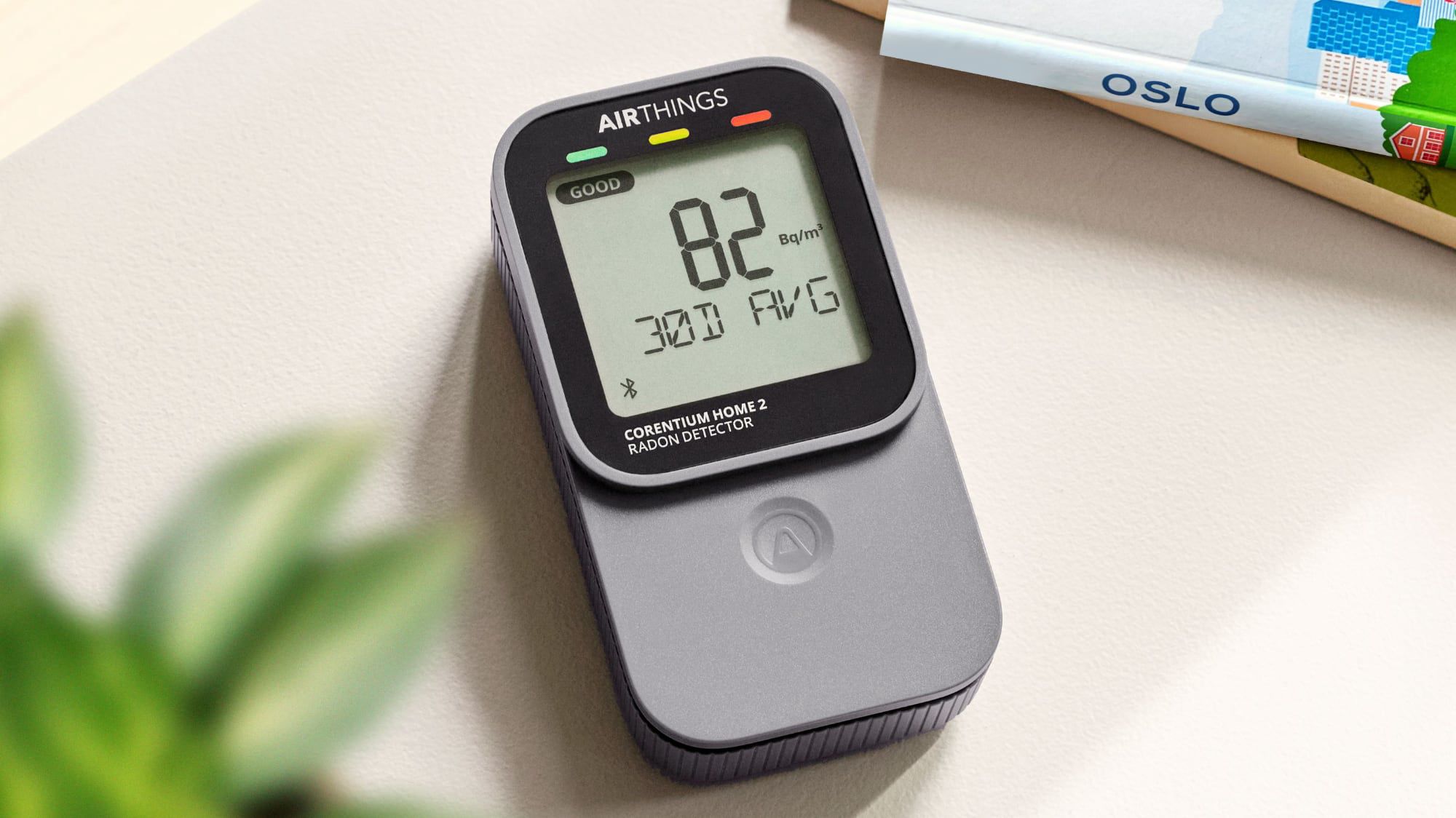






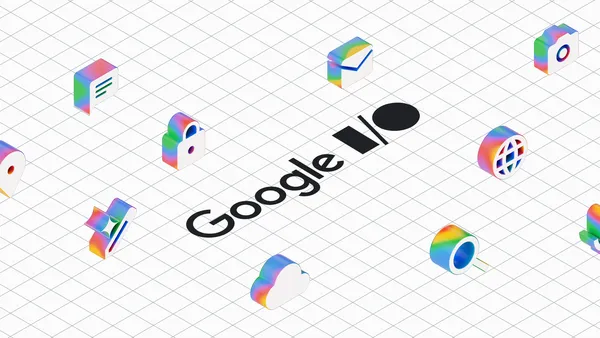
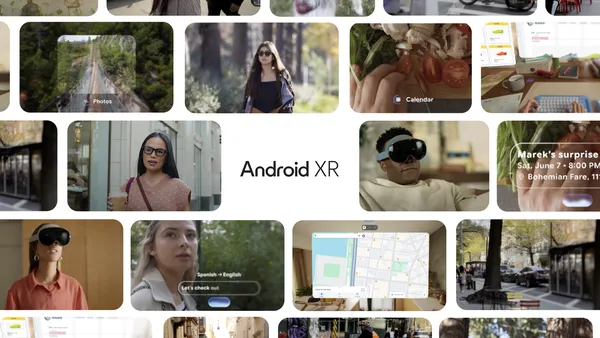
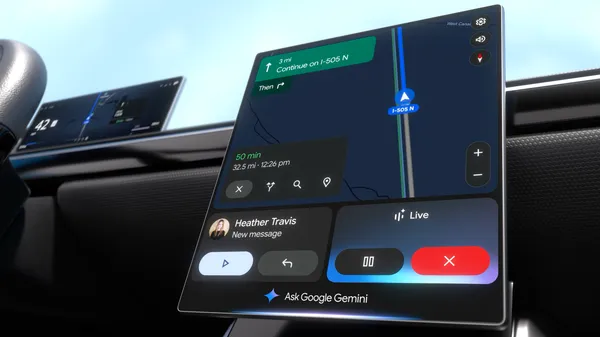







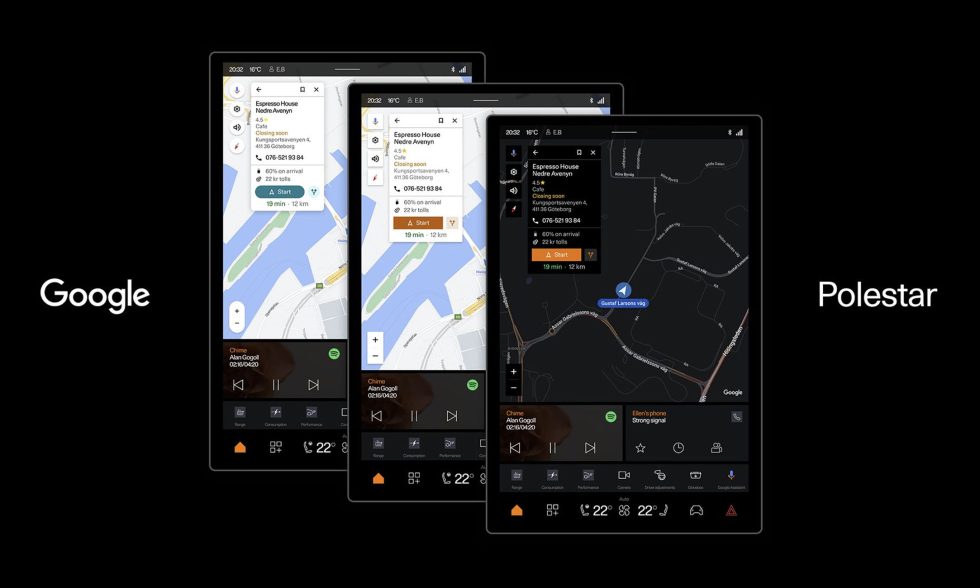
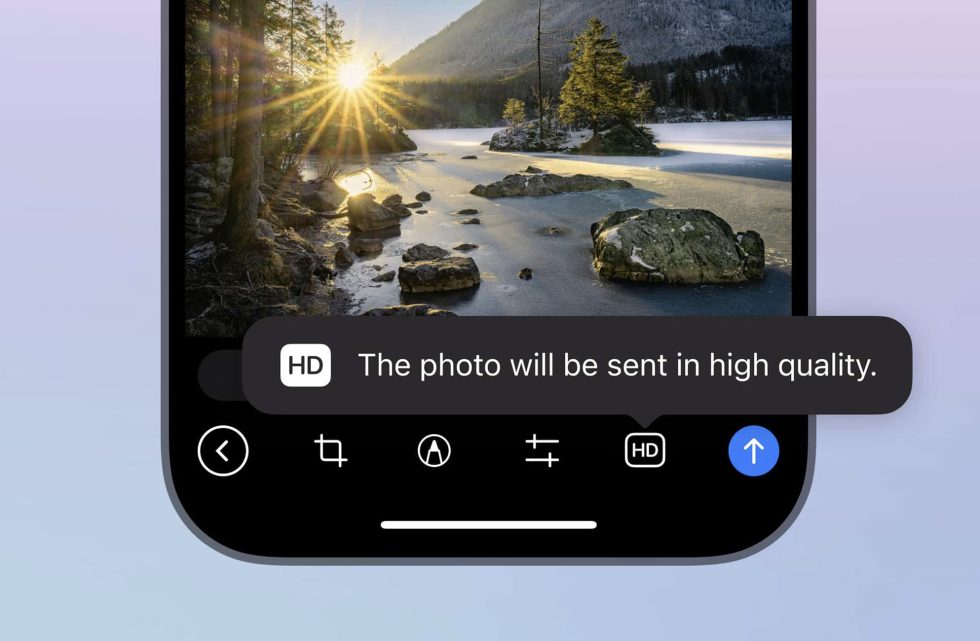








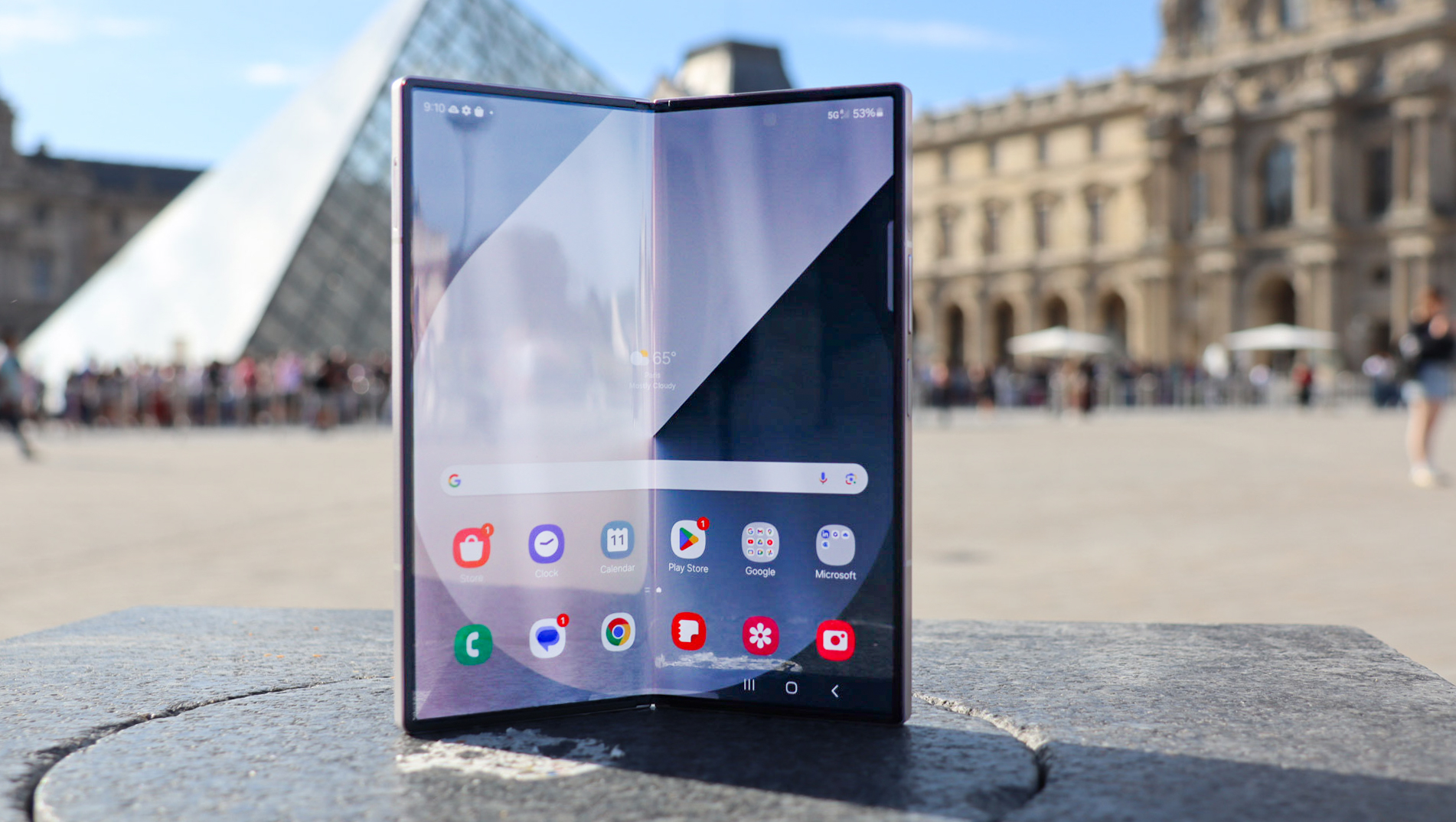
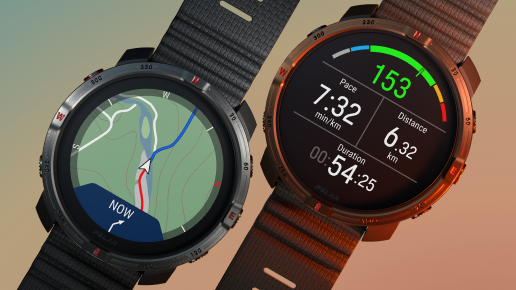
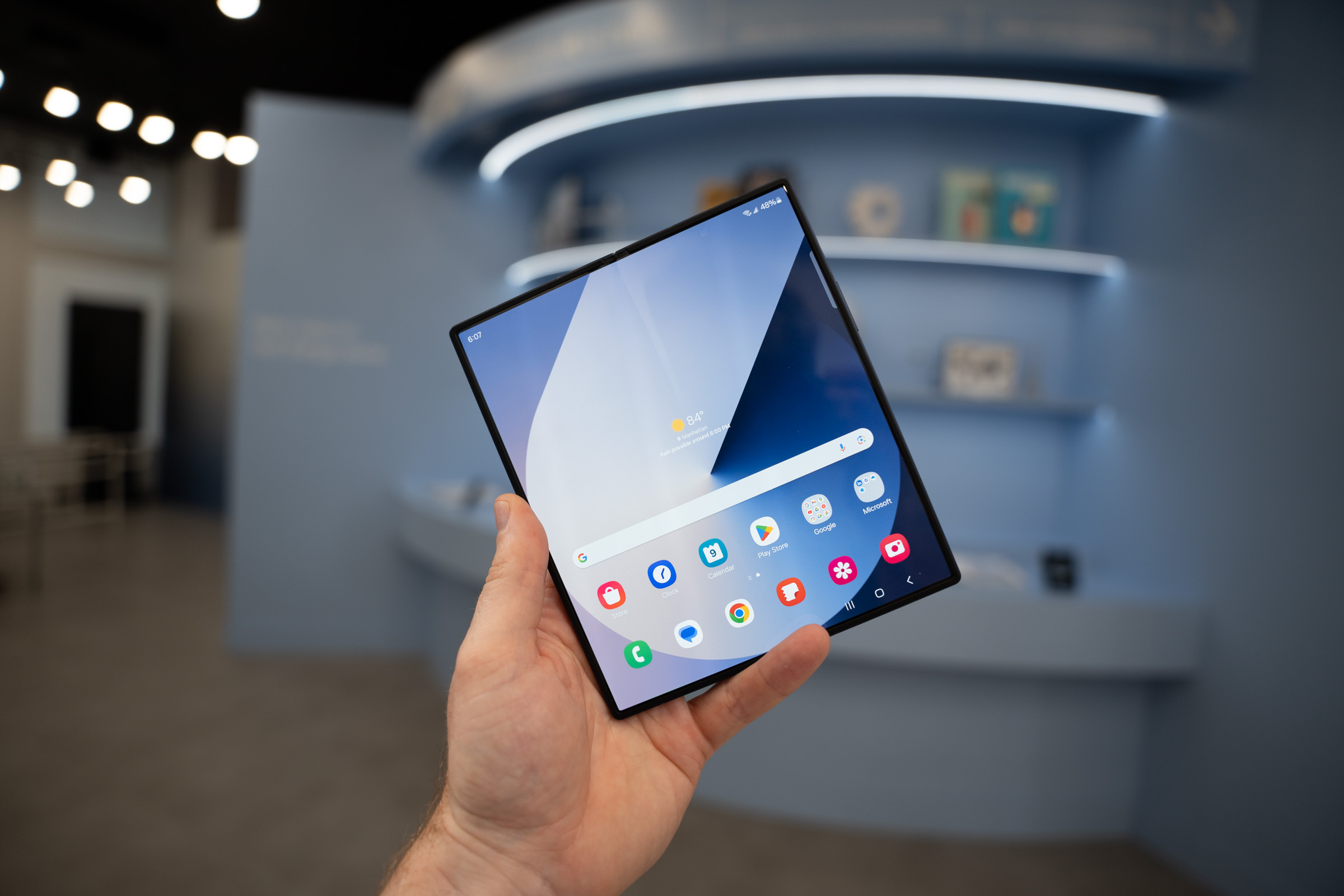









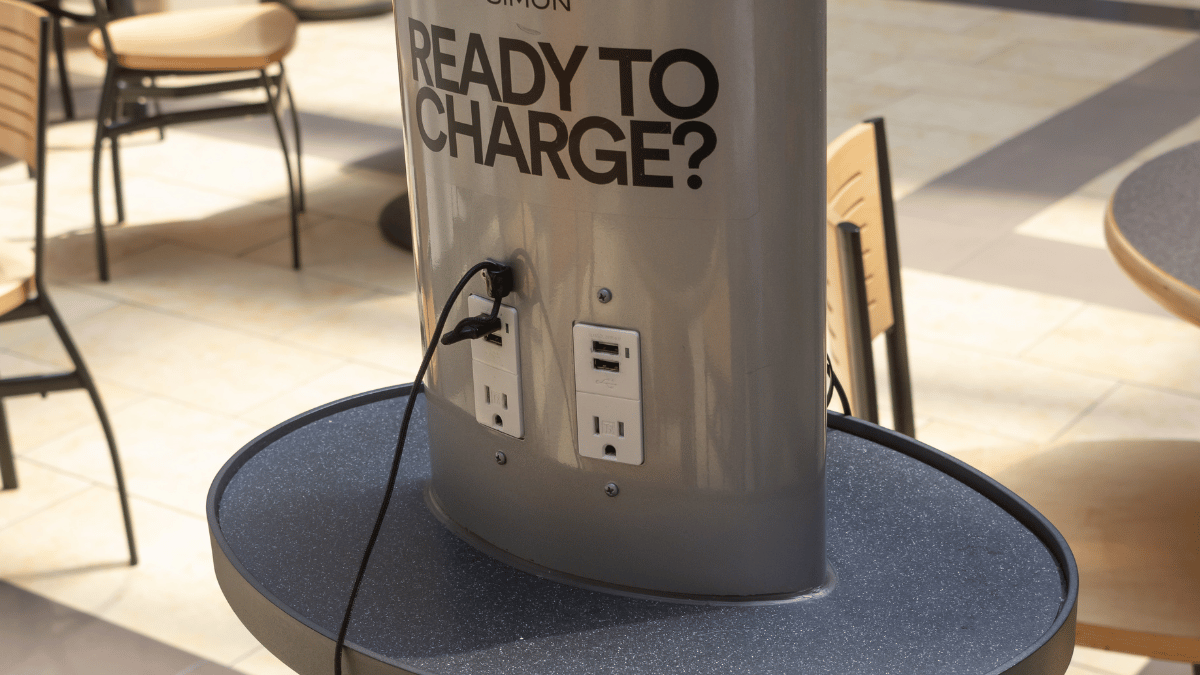
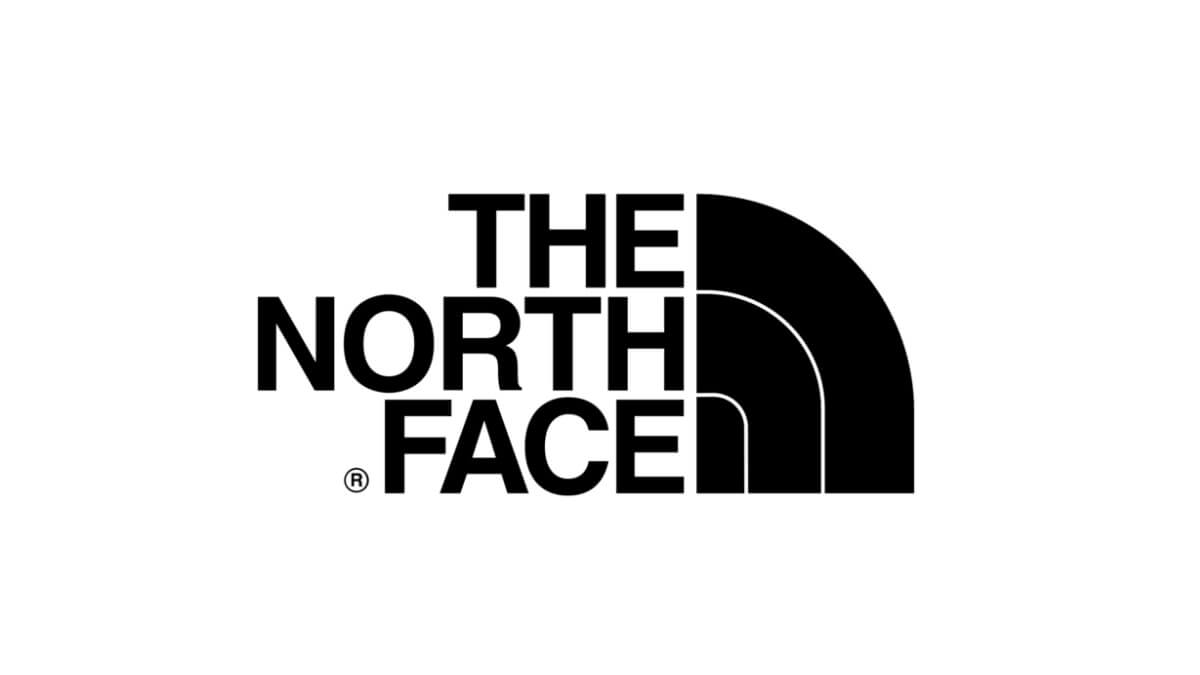
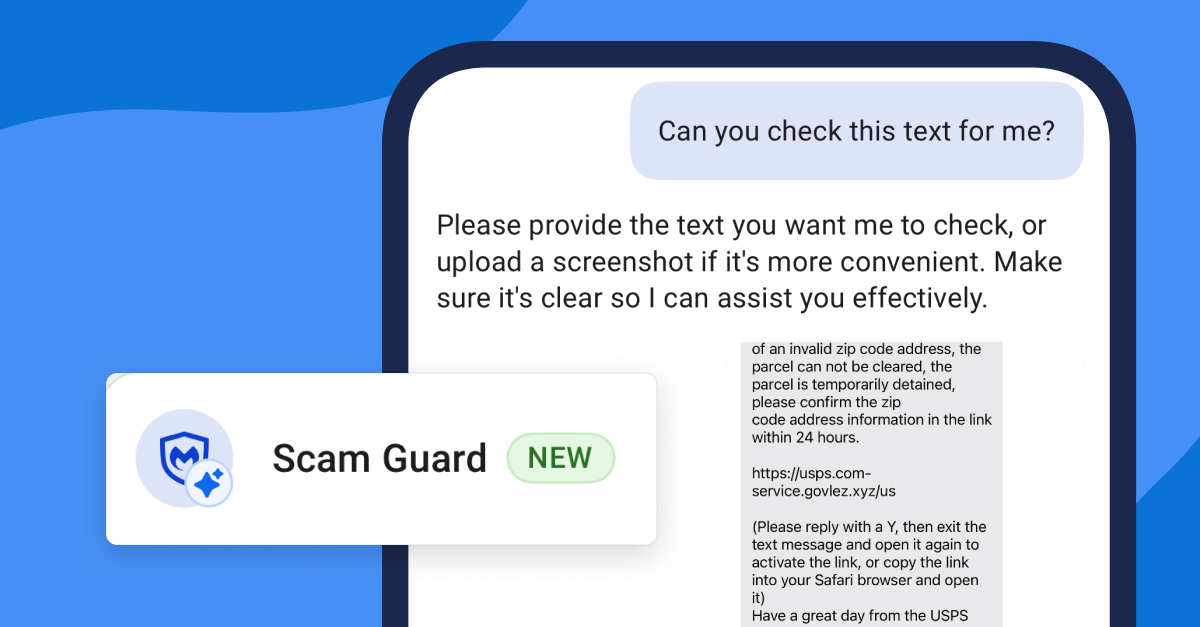







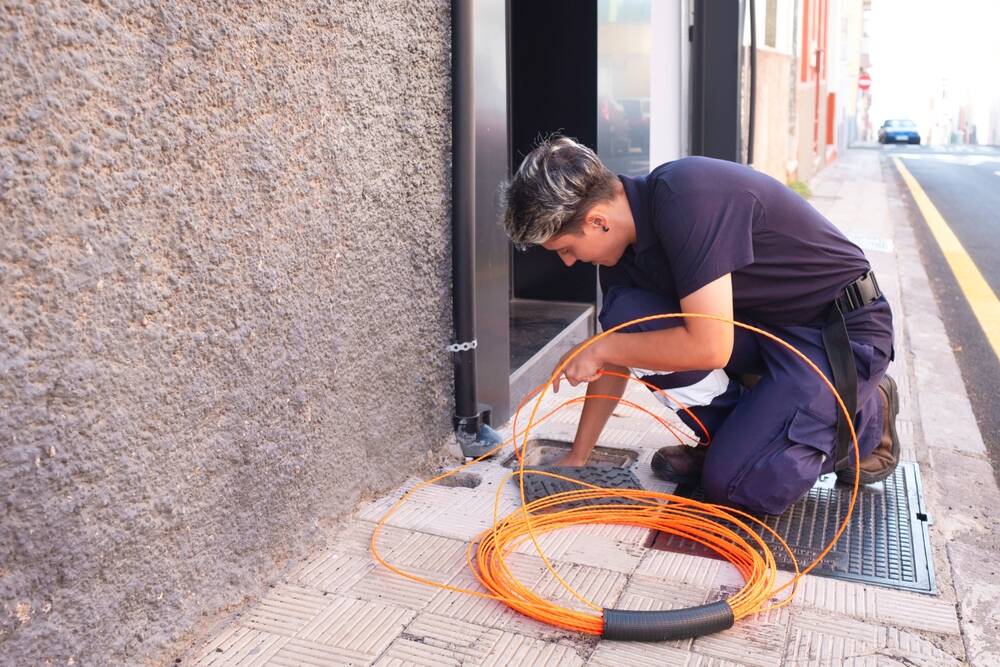











![Samsung teases Galaxy Z Fold 7 with an absolutely bizarre ‘Ultra experience’ [Video]](https://i0.wp.com/9to5google.com/wp-content/uploads/sites/4/2025/06/galaxy-z-fold-7-teaser-1.jpg?resize=1200%2C628&quality=82&strip=all&ssl=1)




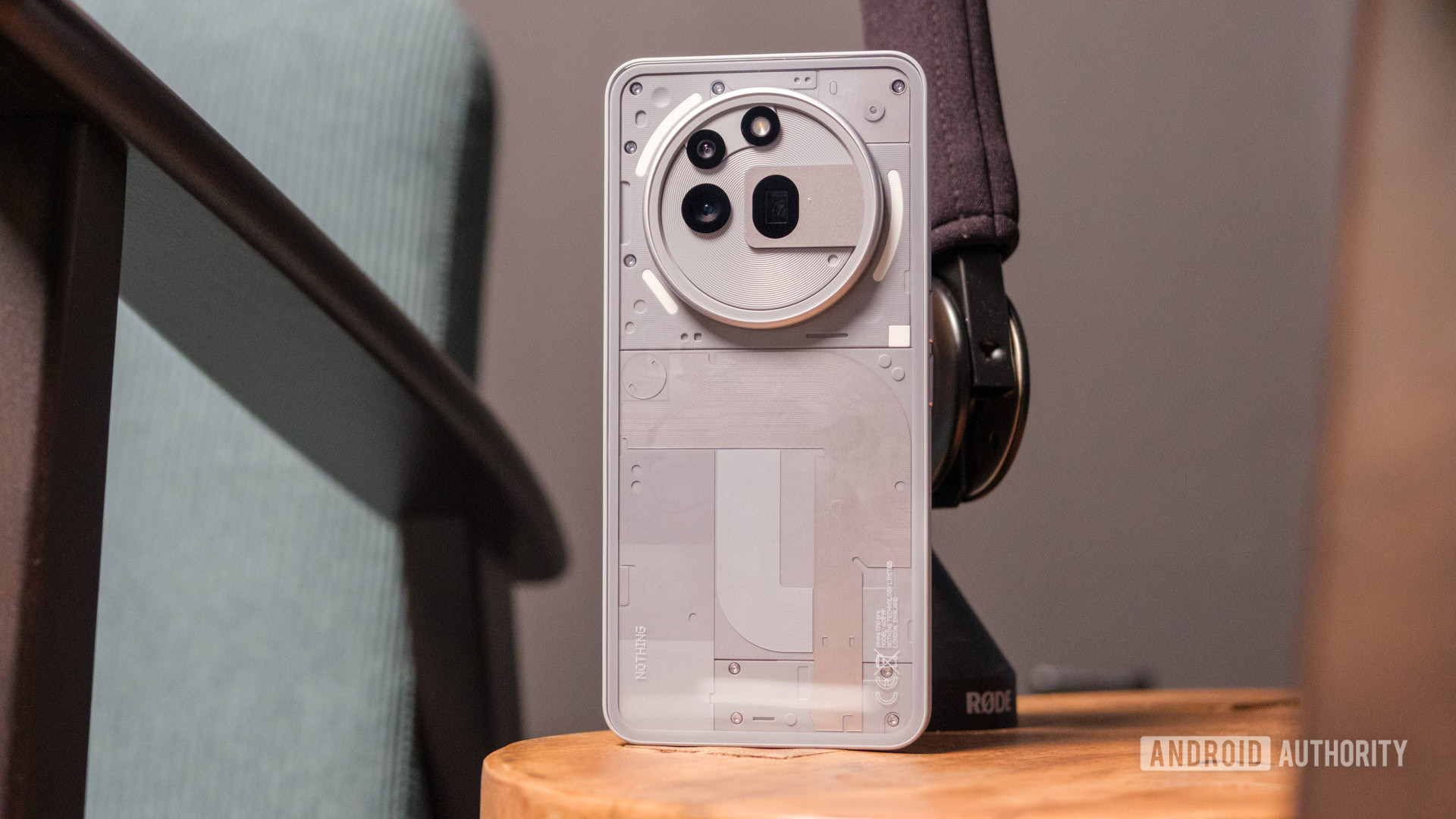

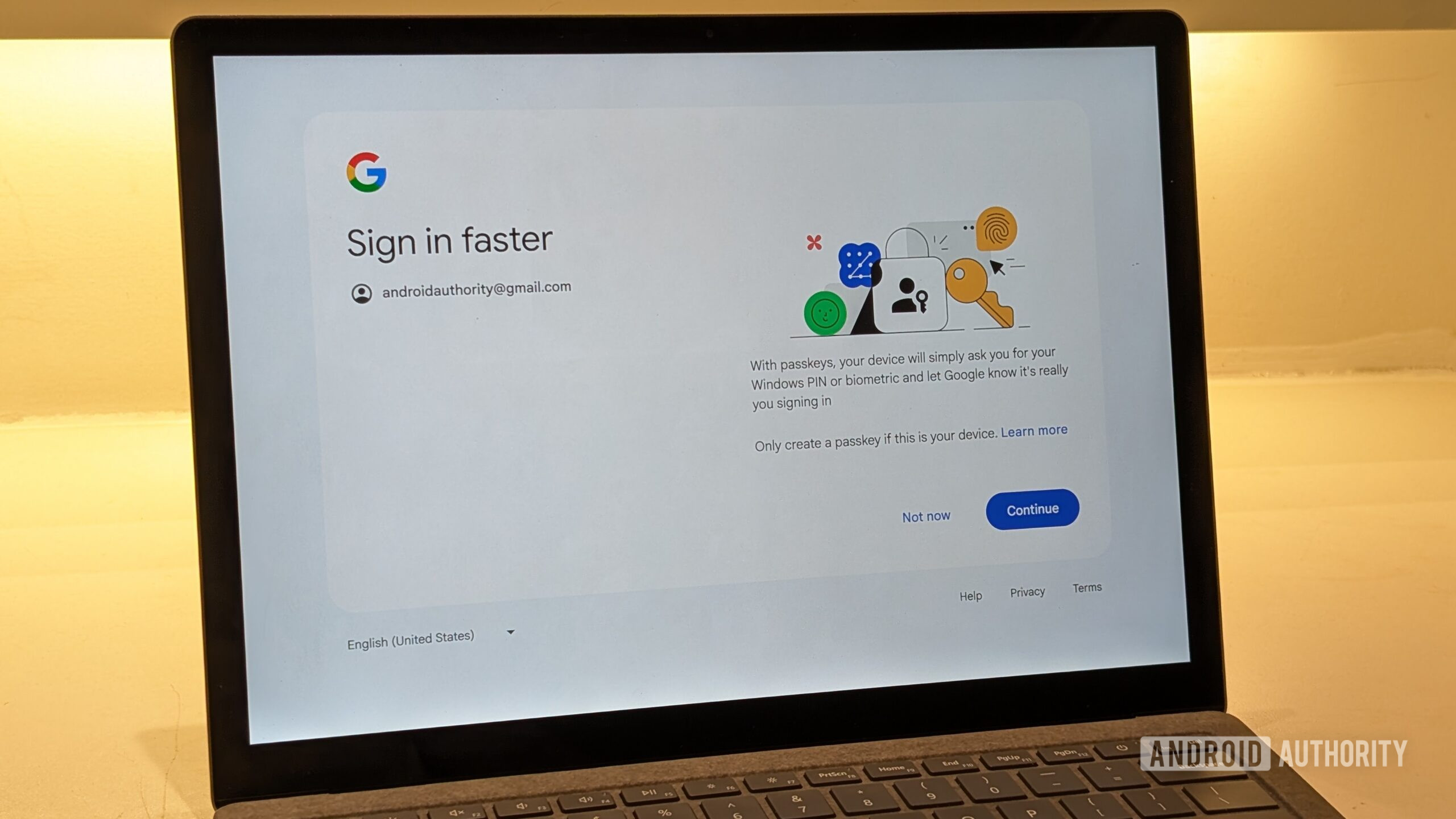

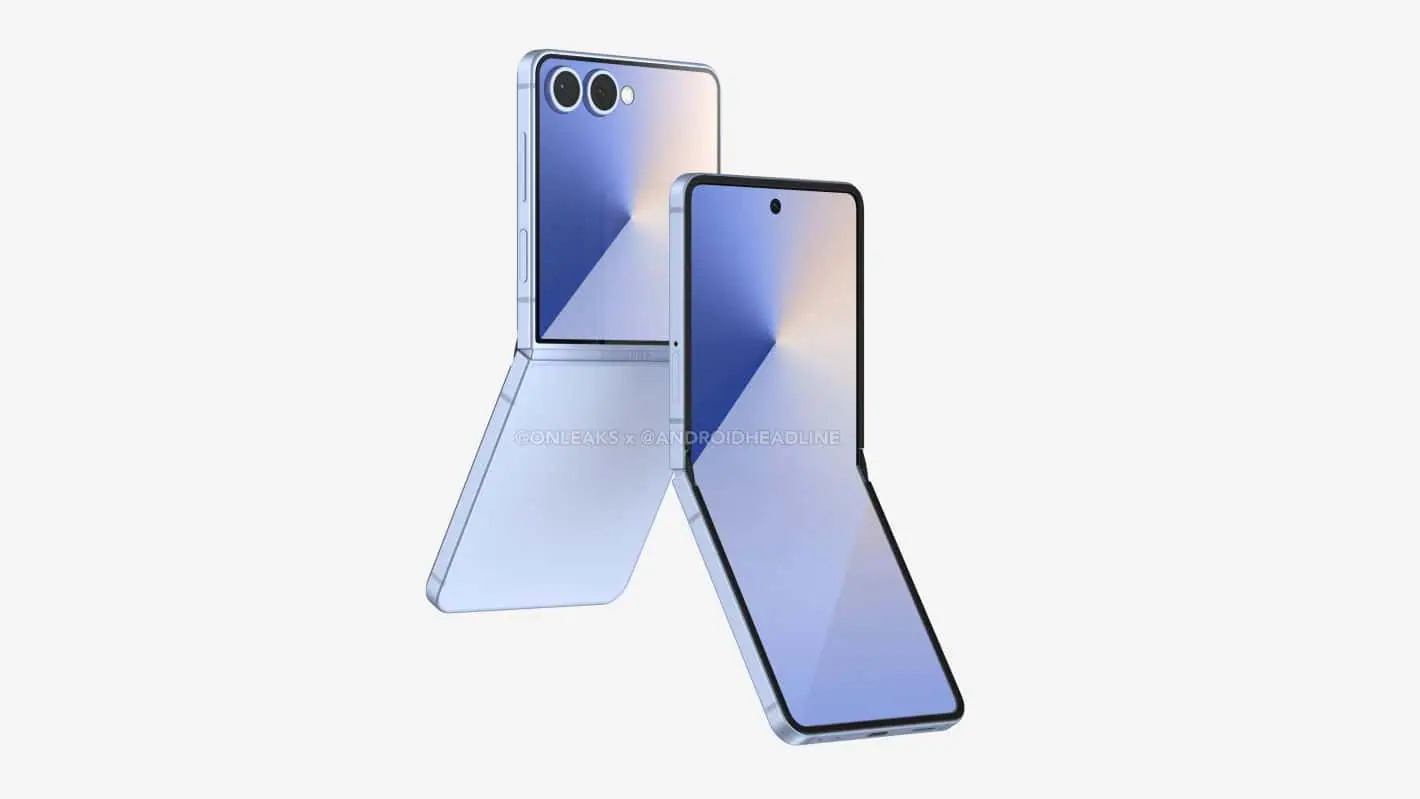
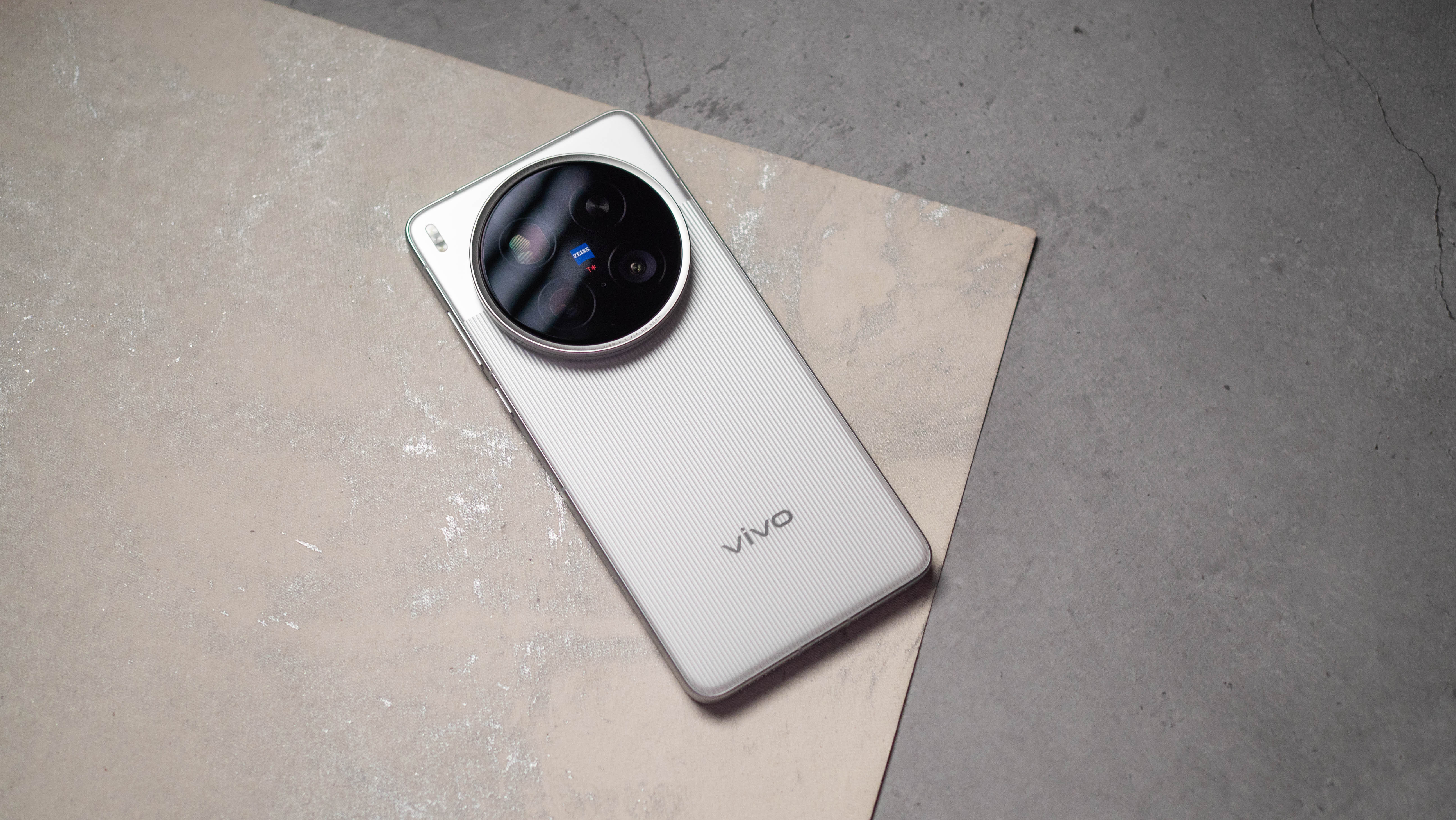


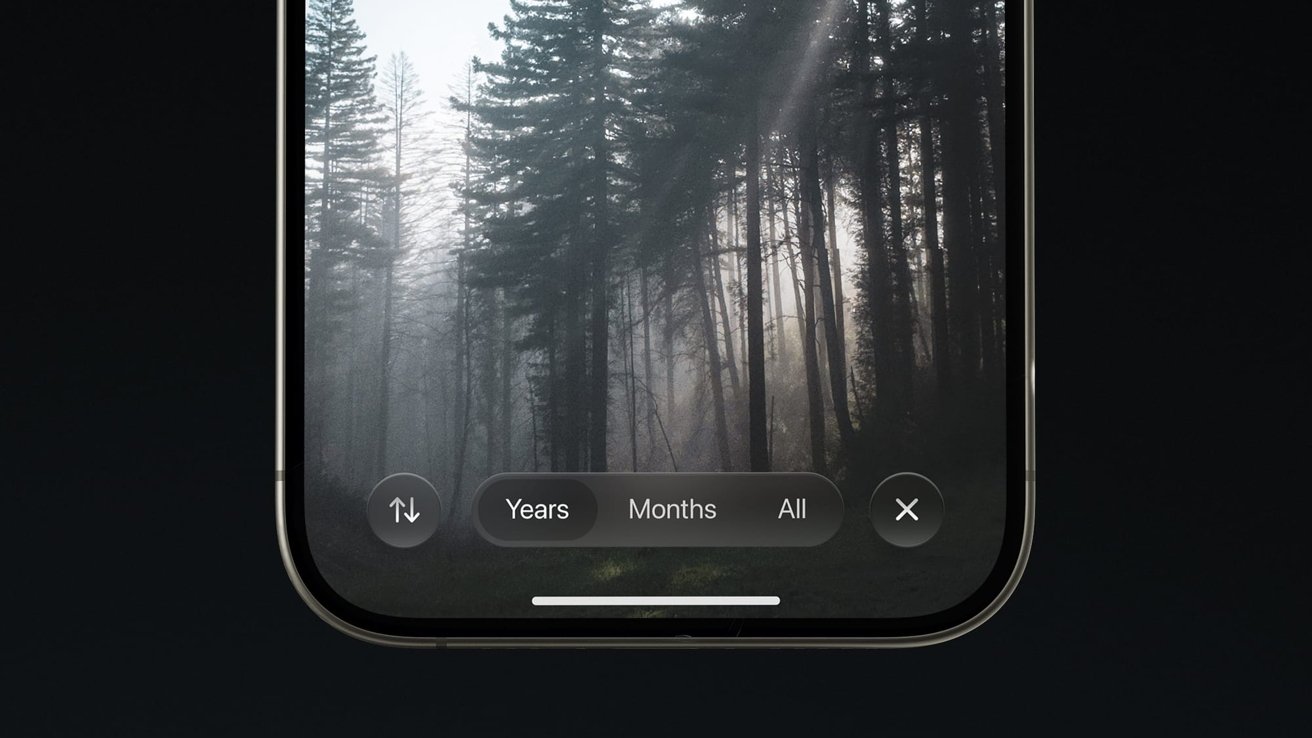
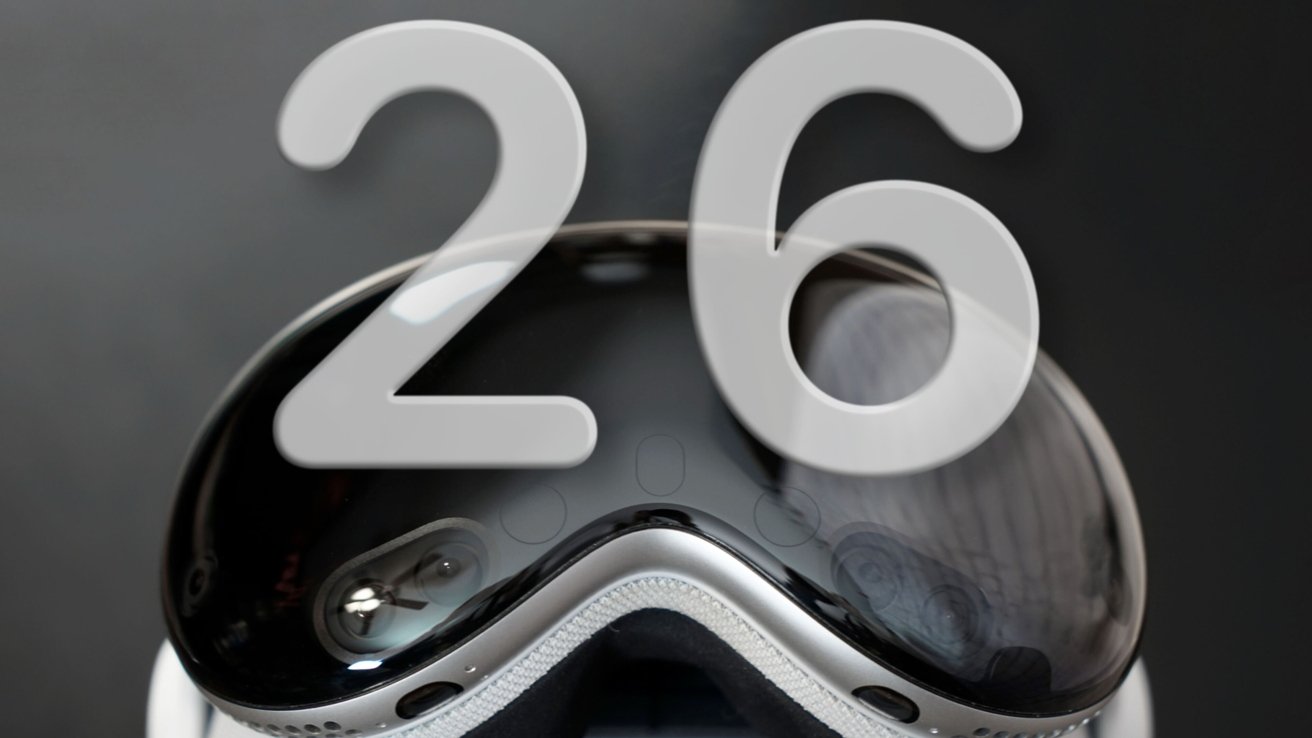
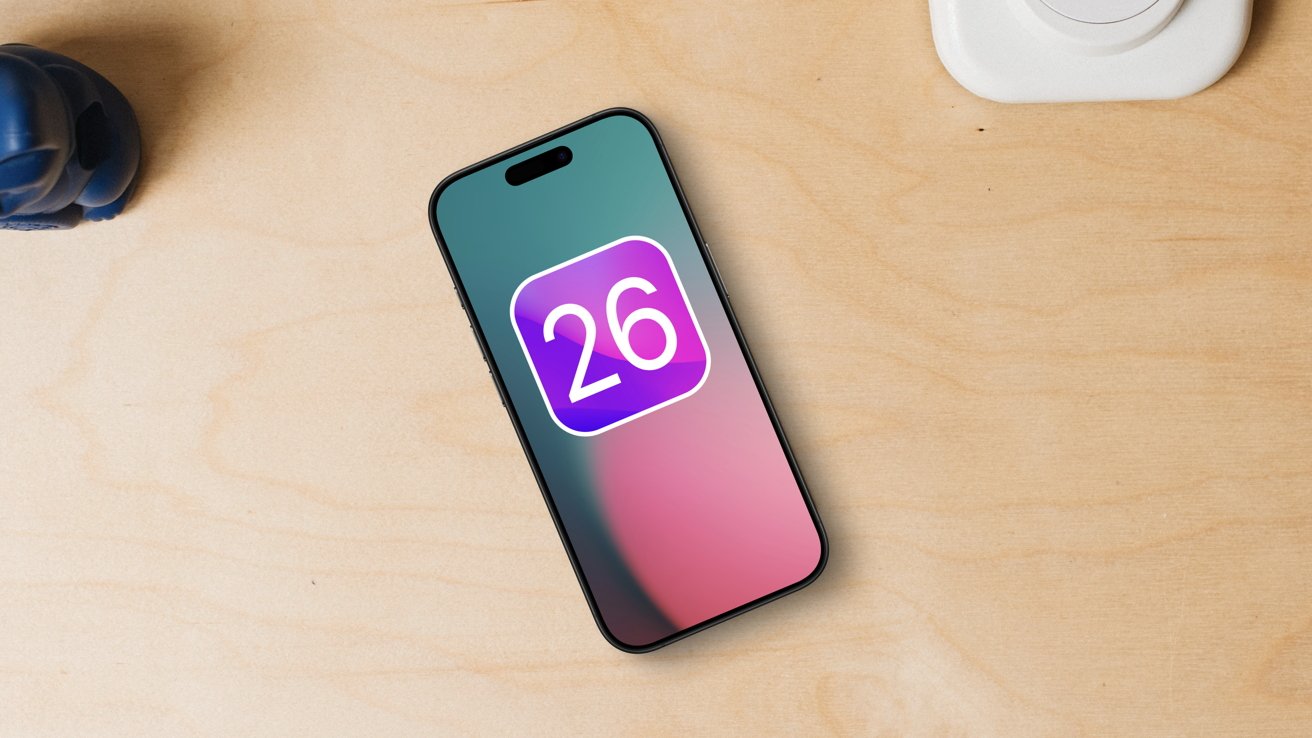
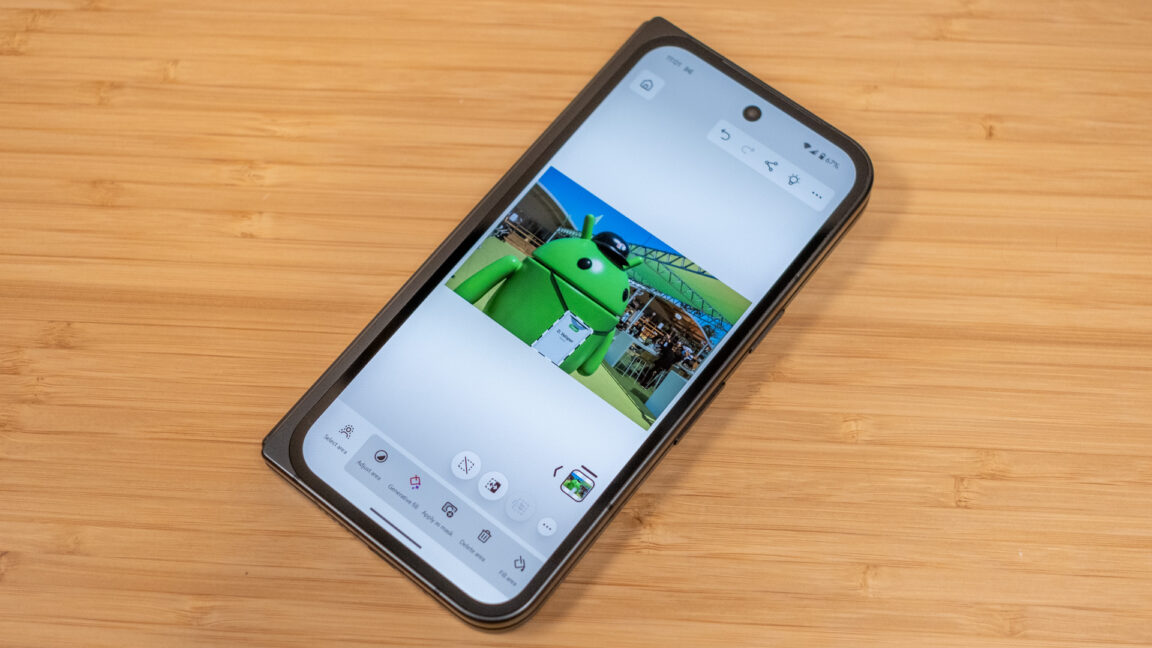
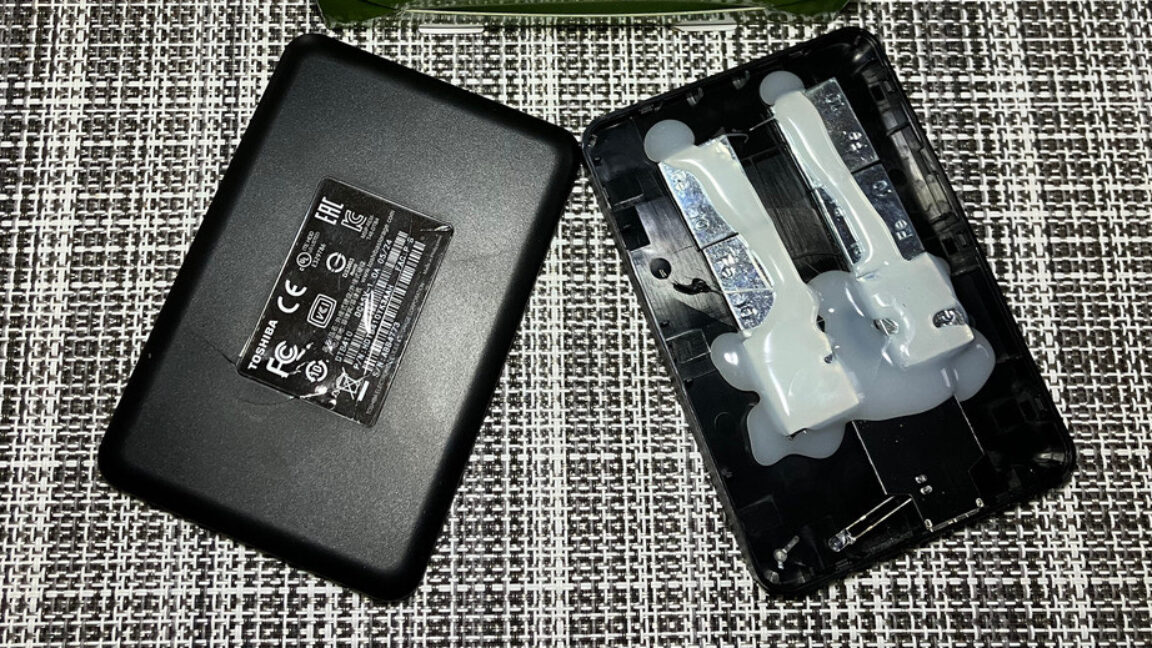
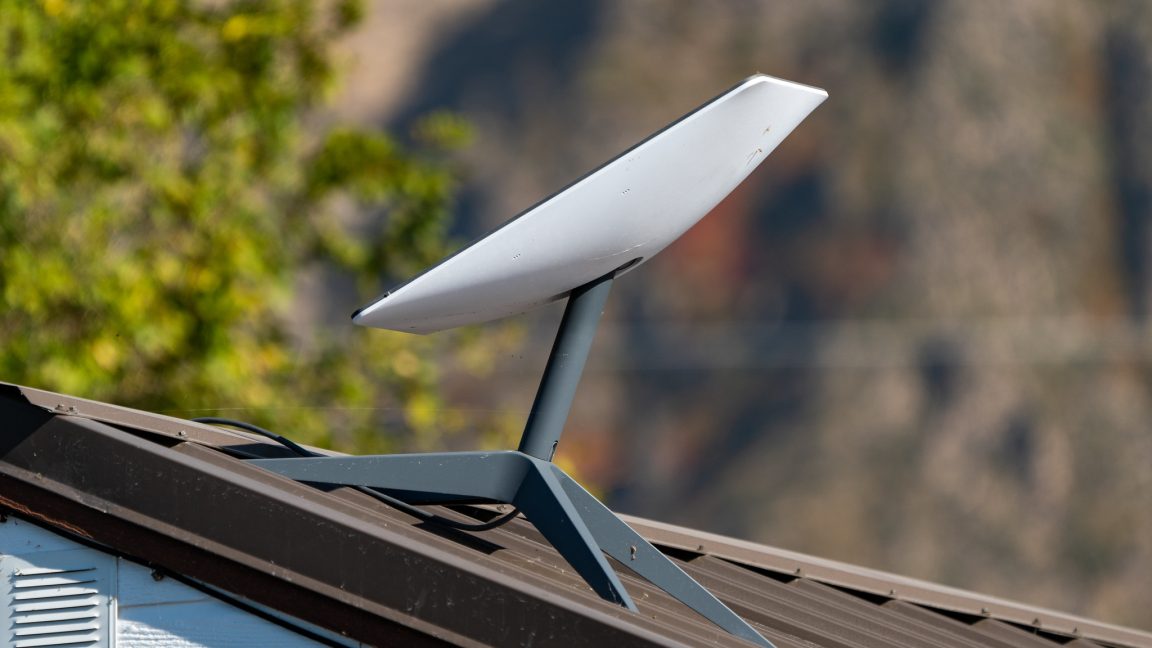
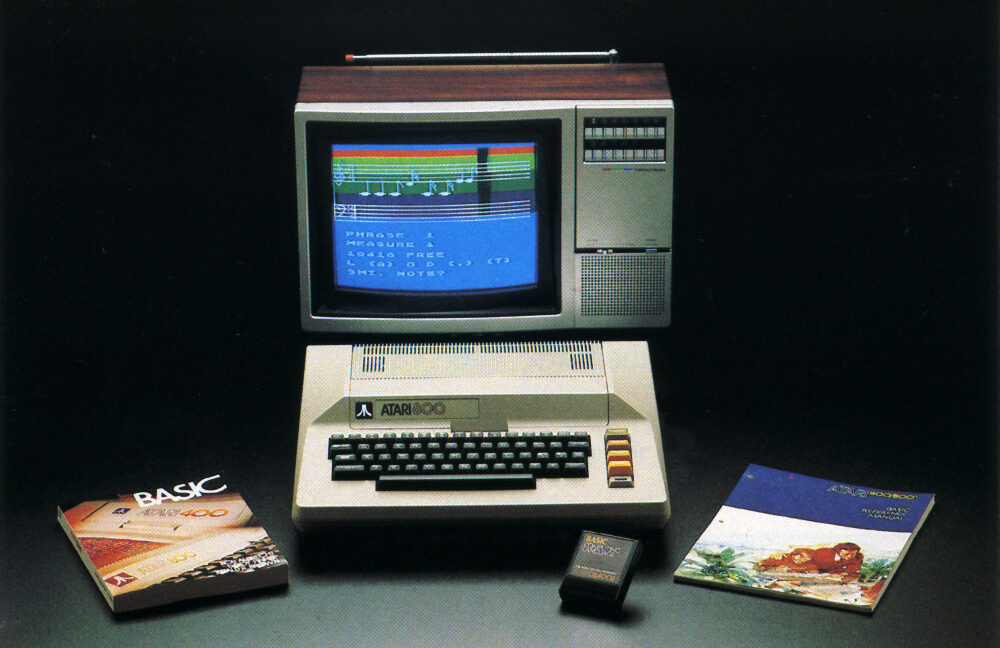
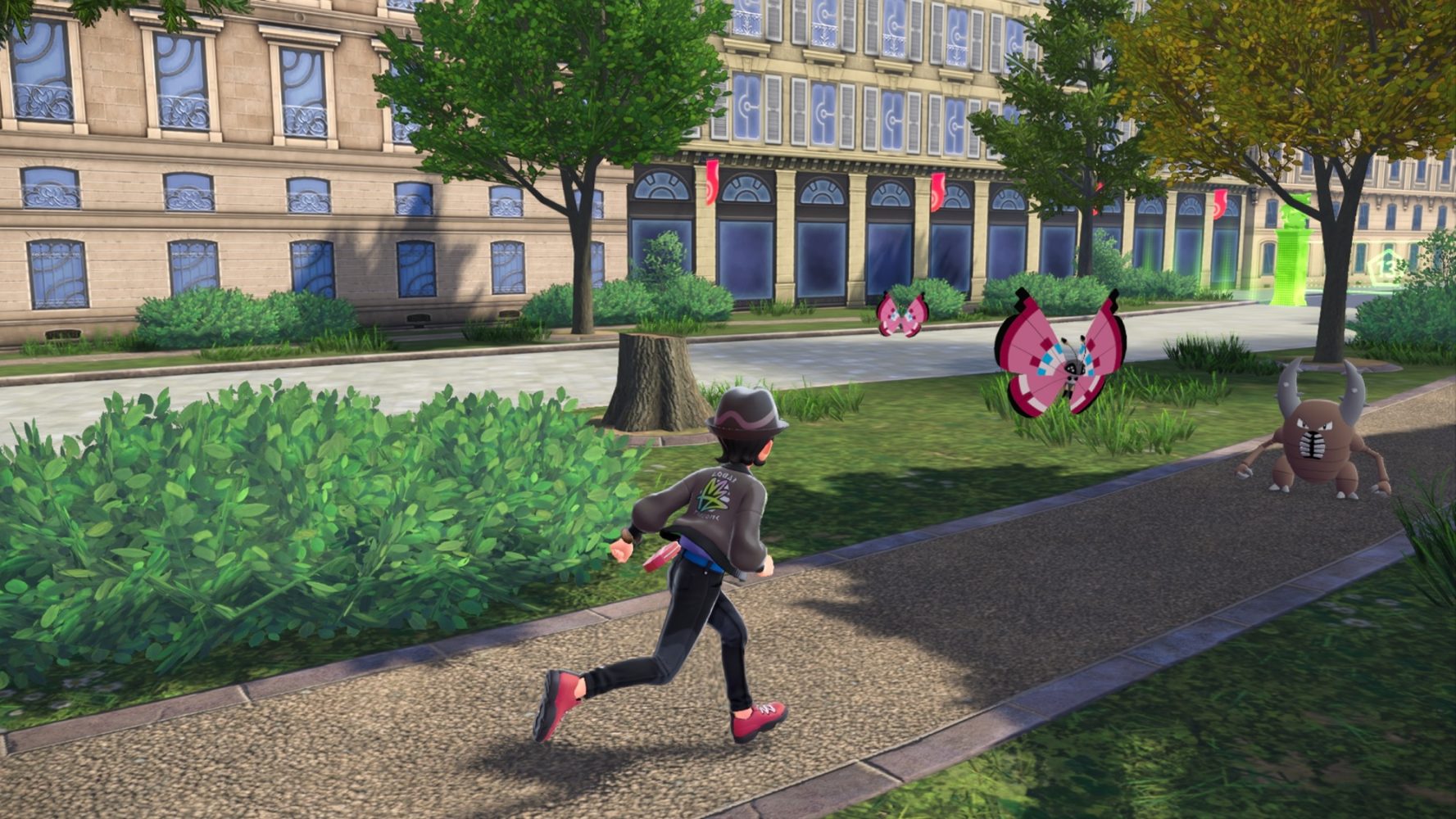



















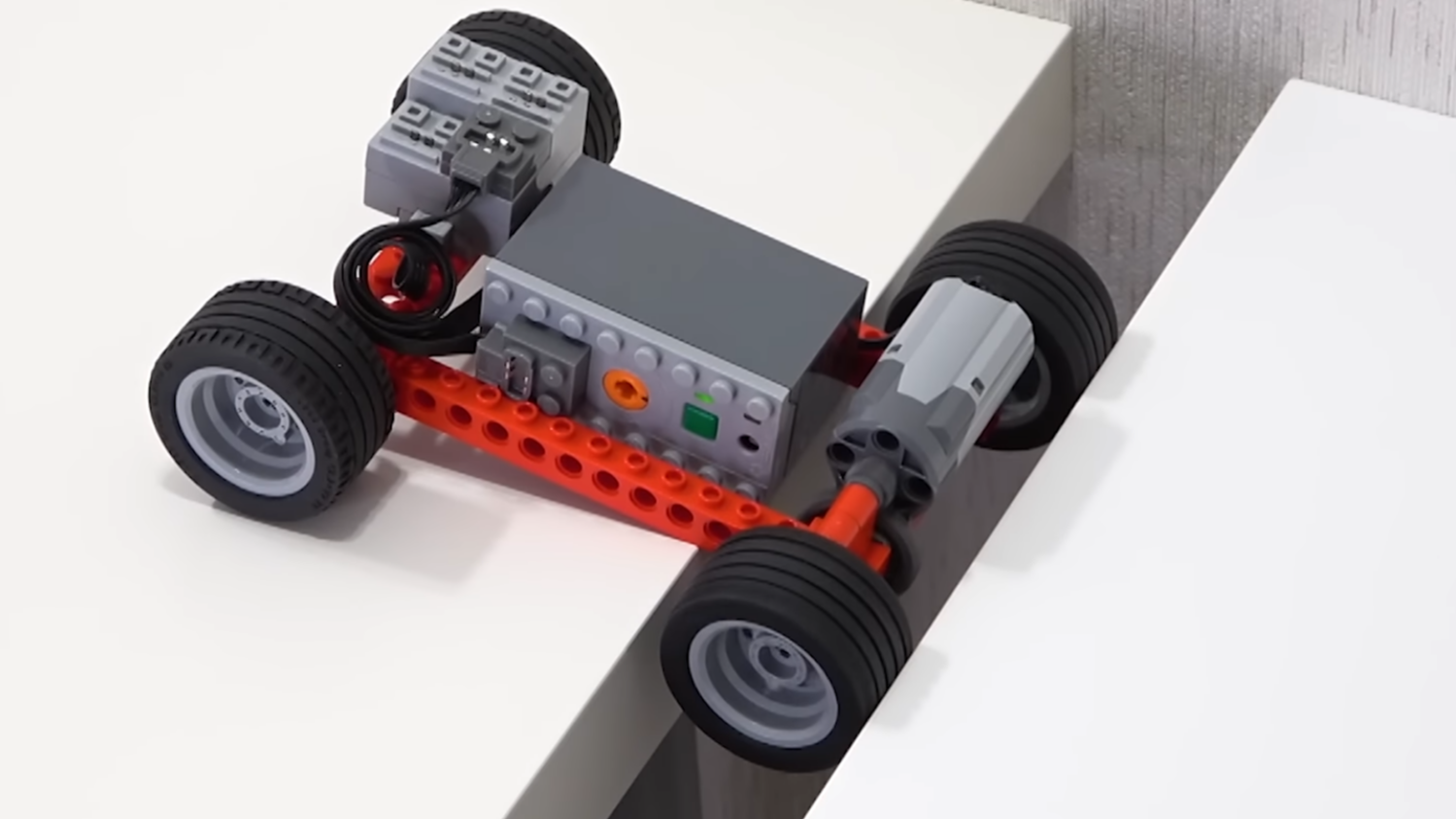
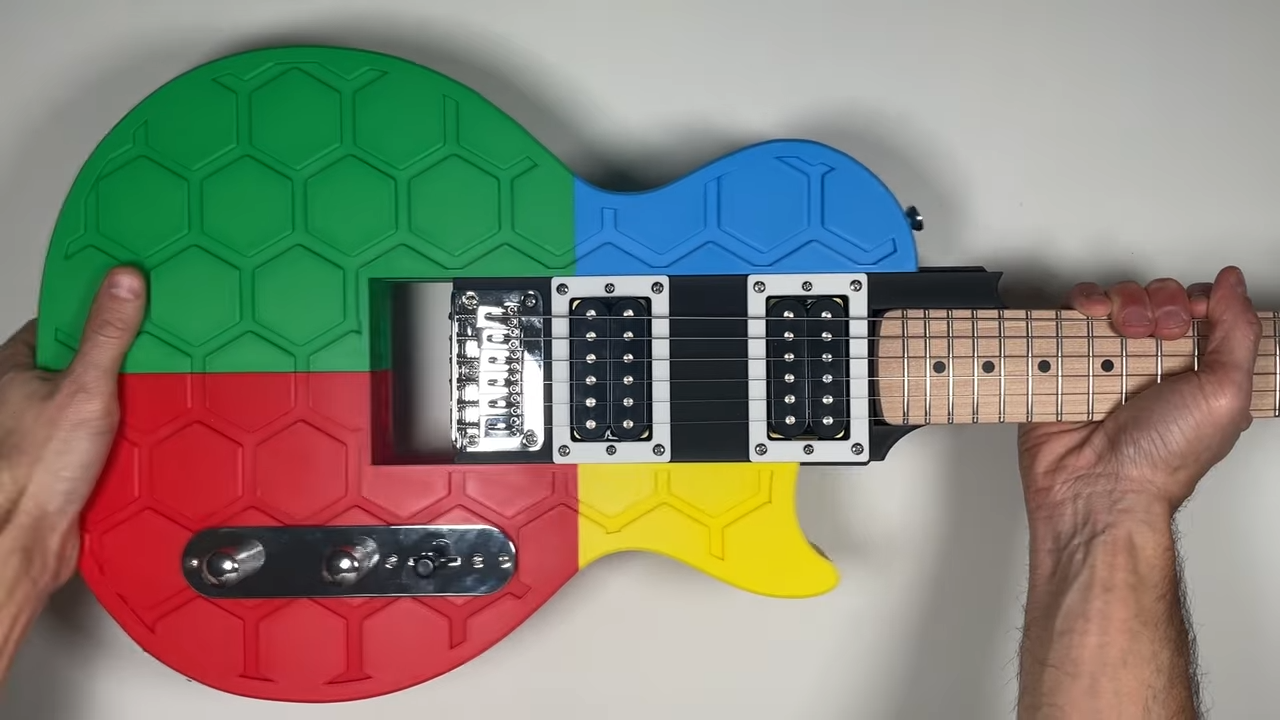











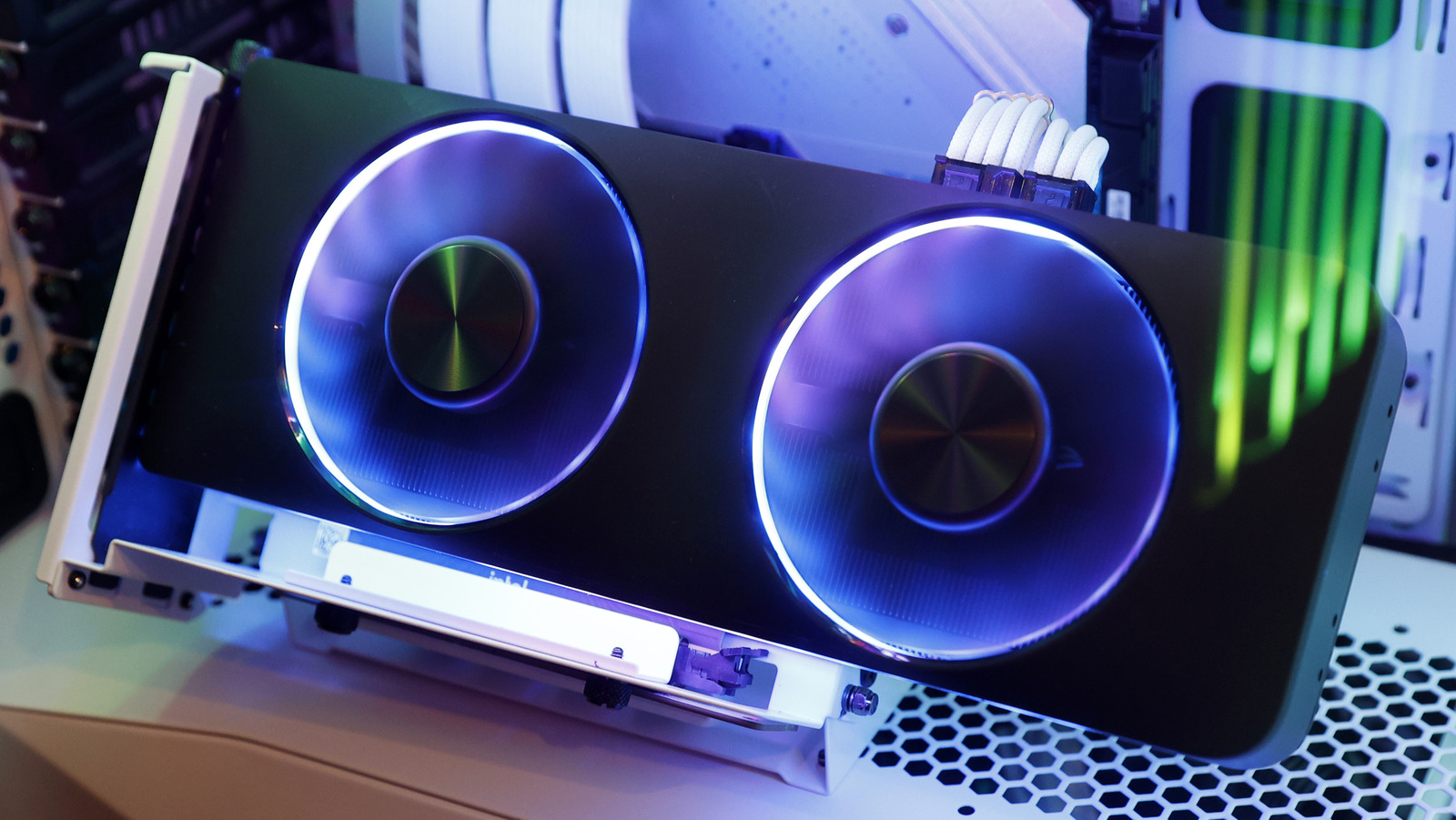




























































































































































![[The AI Show Episode 151]: Anthropic CEO: AI Will Destroy 50% of Entry-Level Jobs, Veo 3’s Scary Lifelike Videos, Meta Aims to Fully Automate Ads & Perplexity’s Burning Cash](https://www.marketingaiinstitute.com/hubfs/ep%20151%20cover.png)






























































































